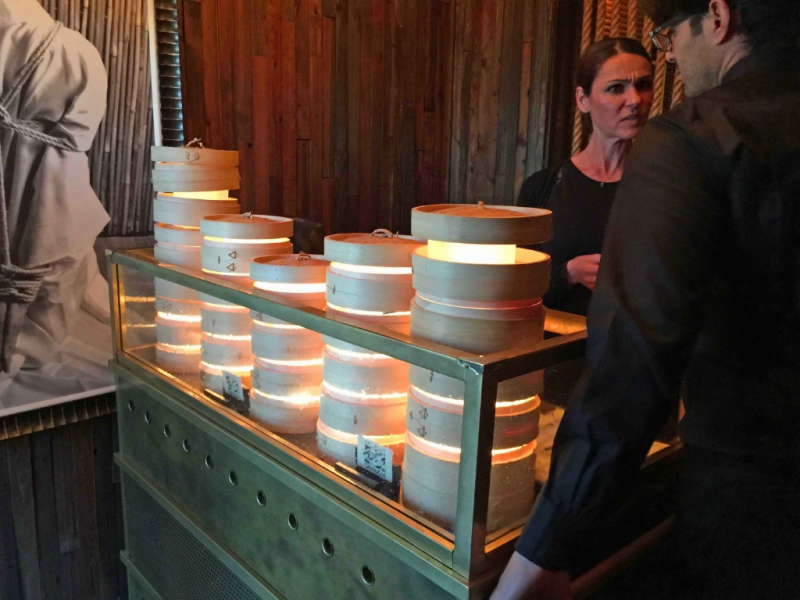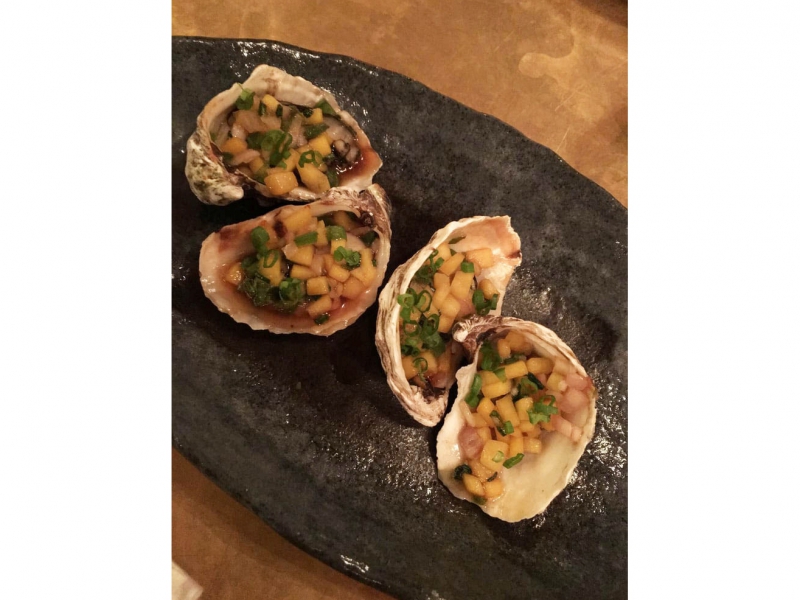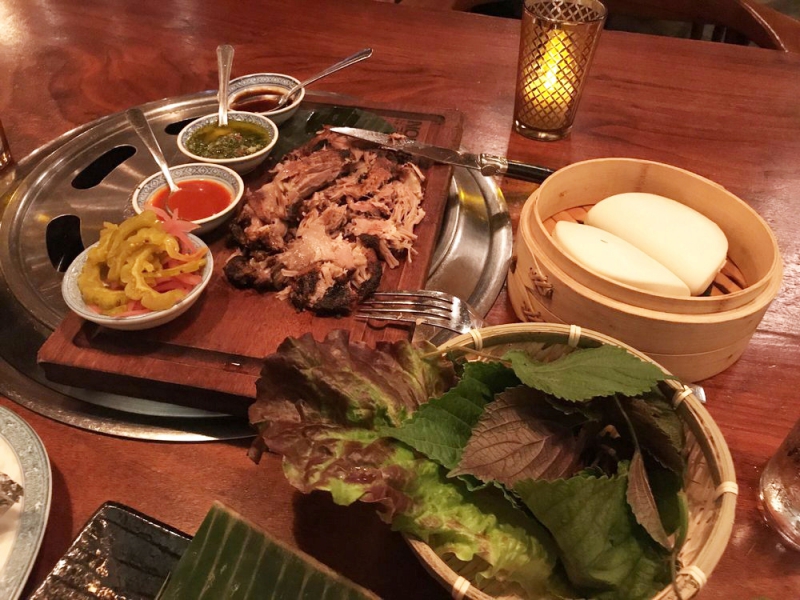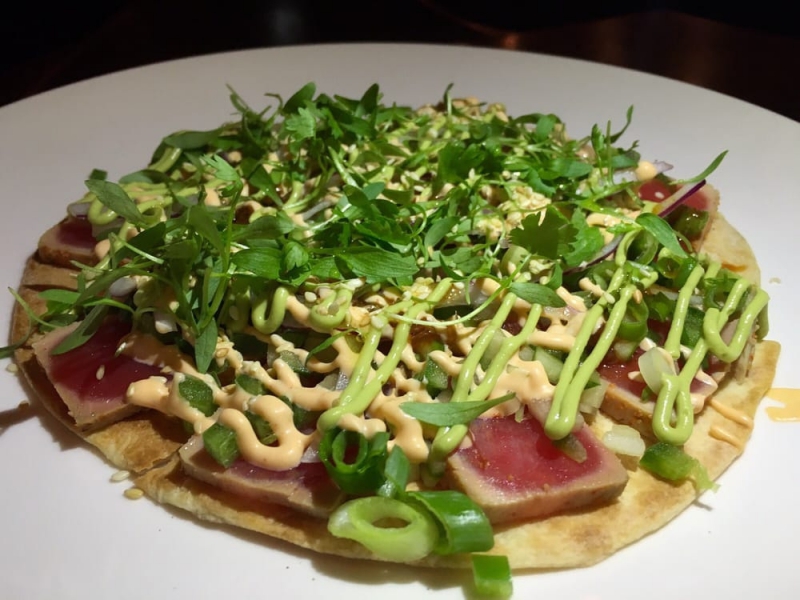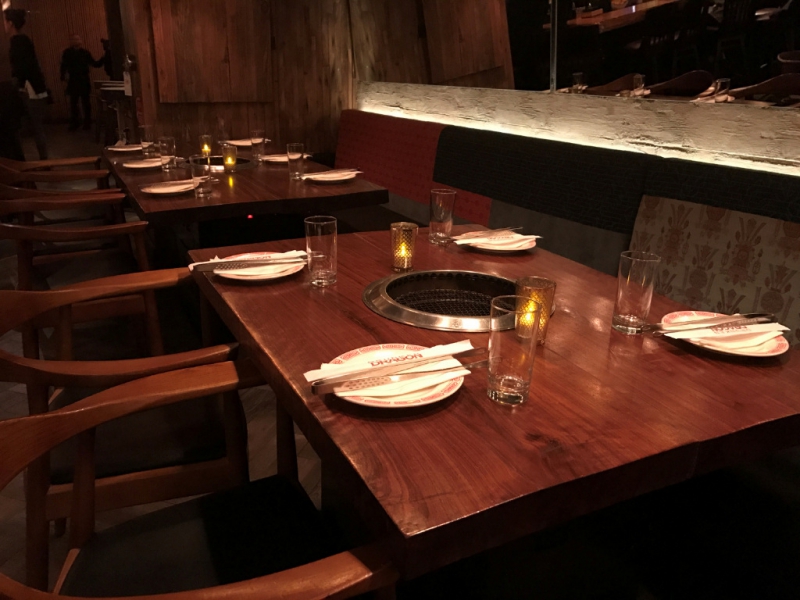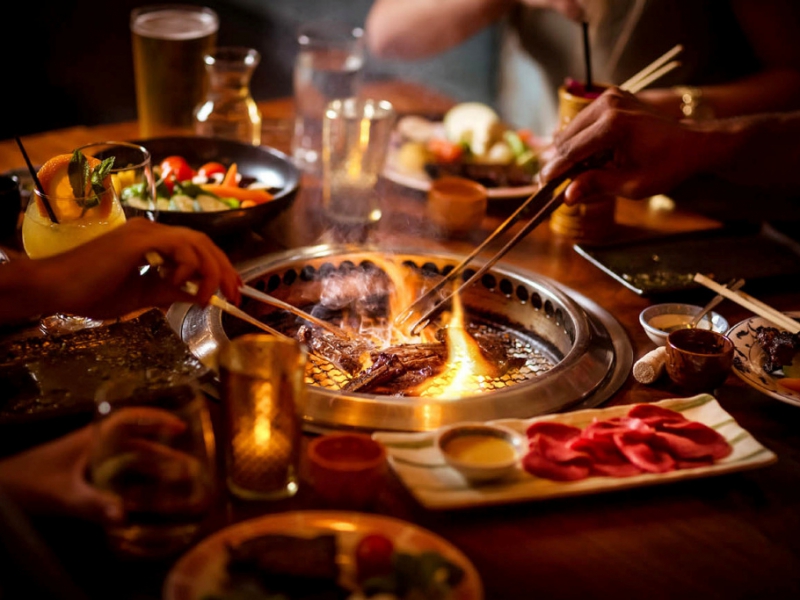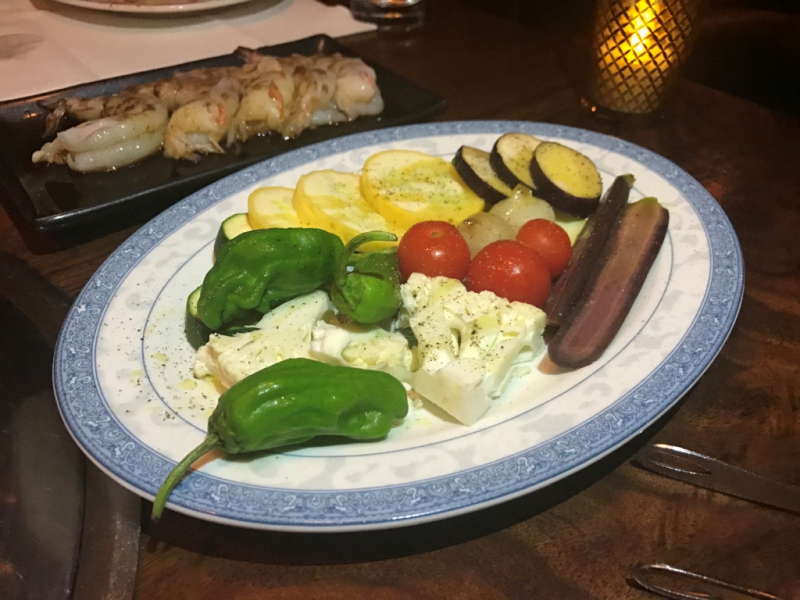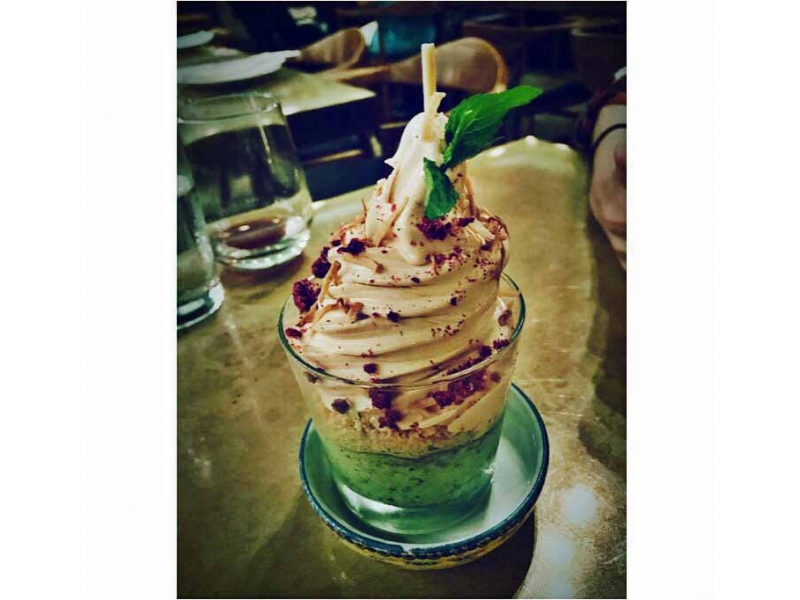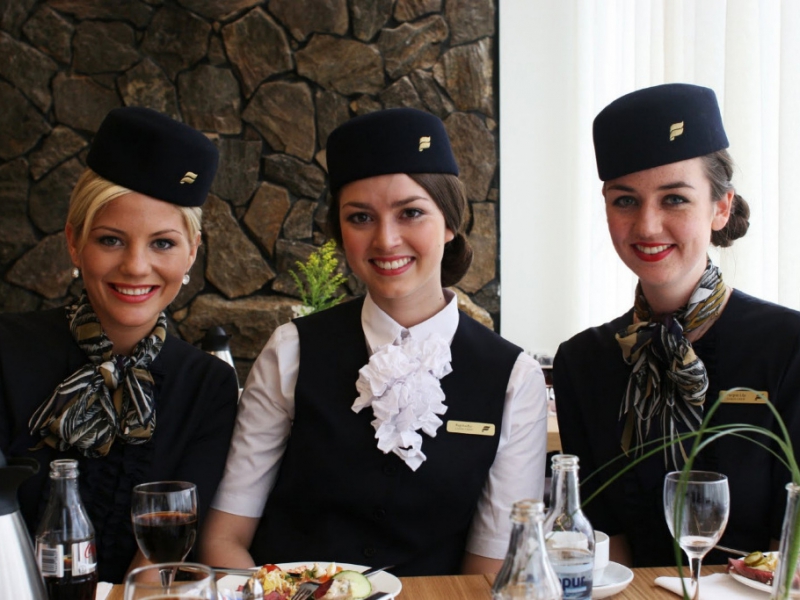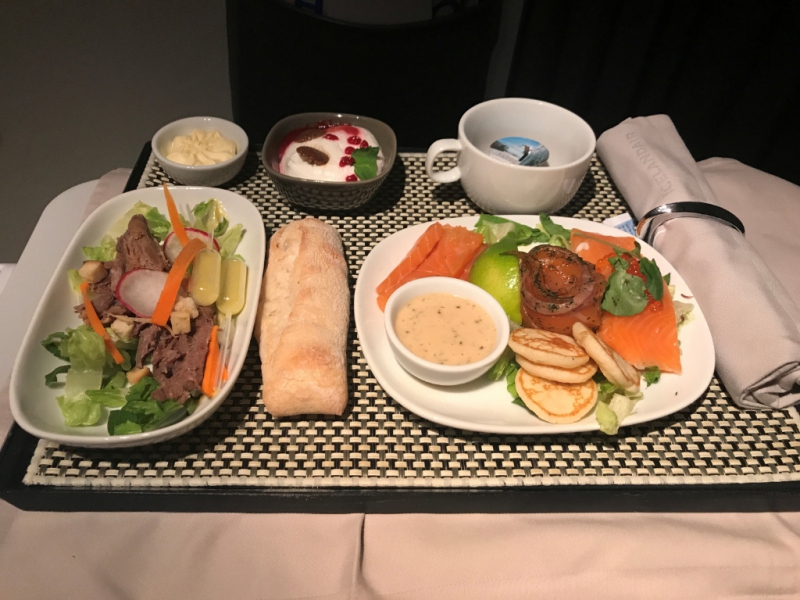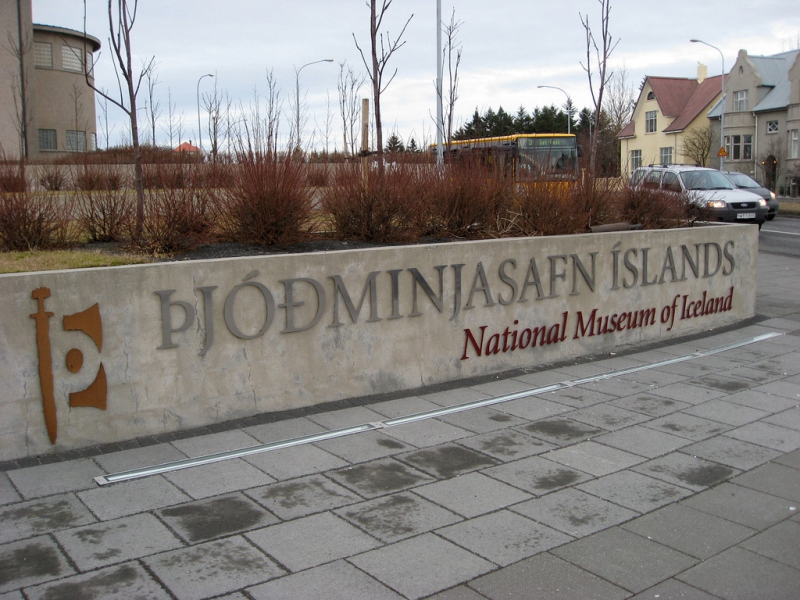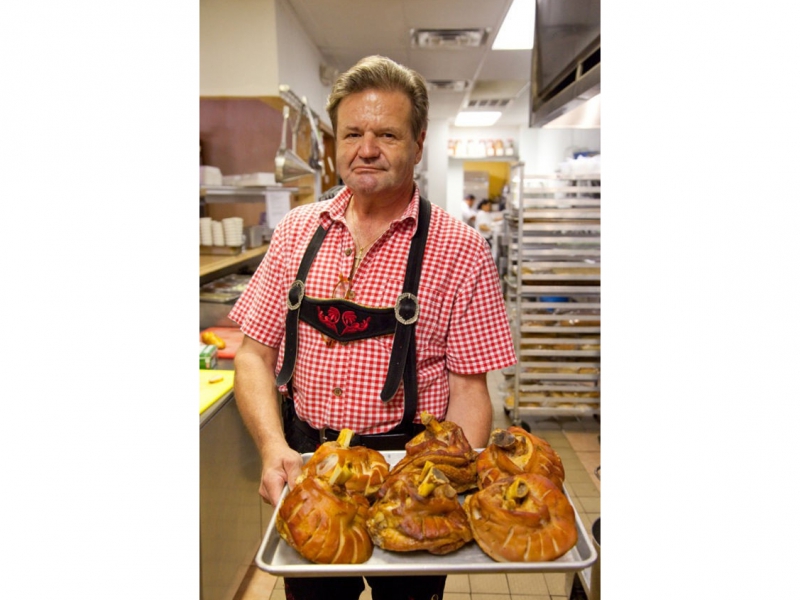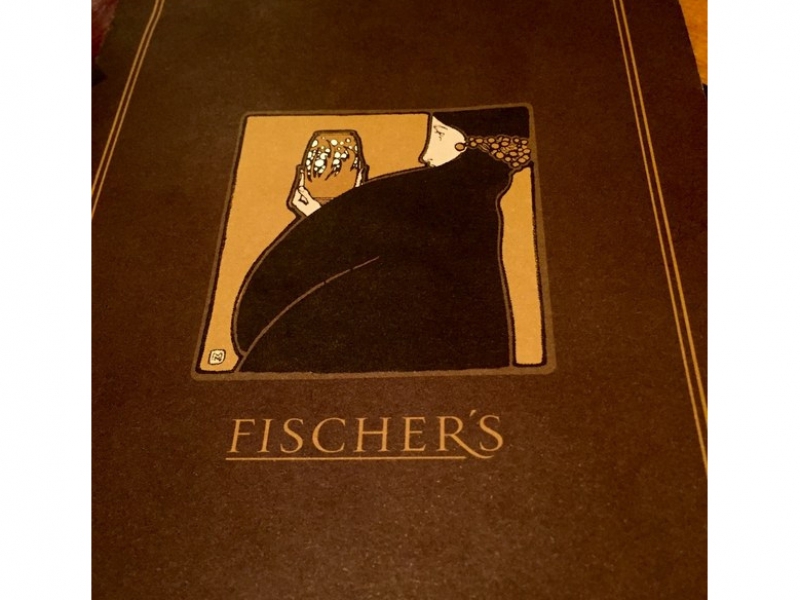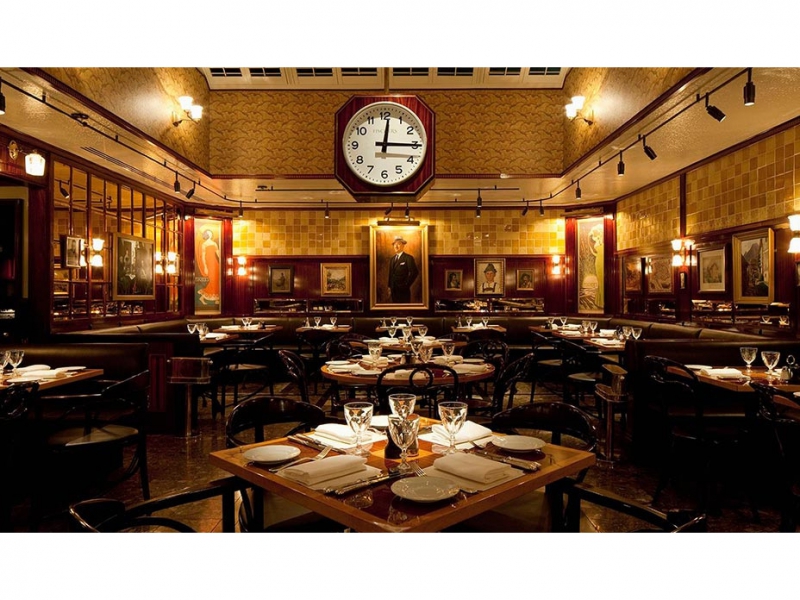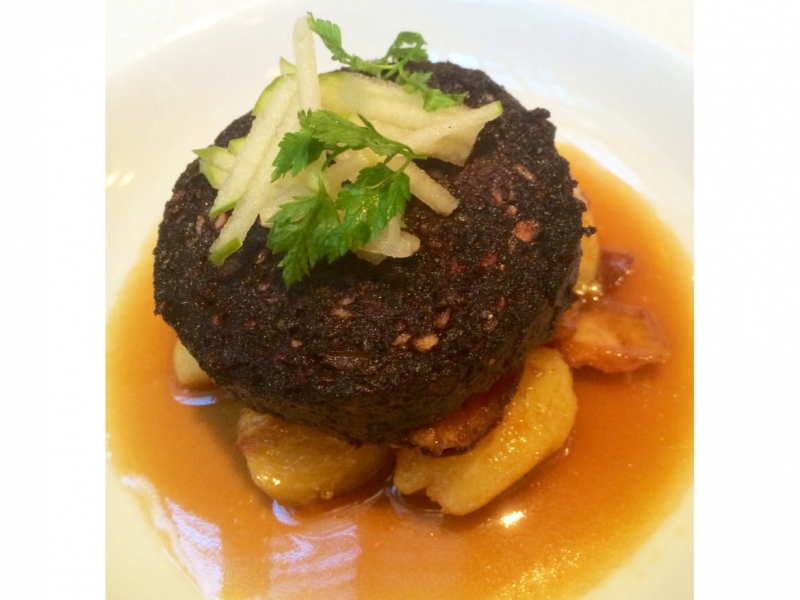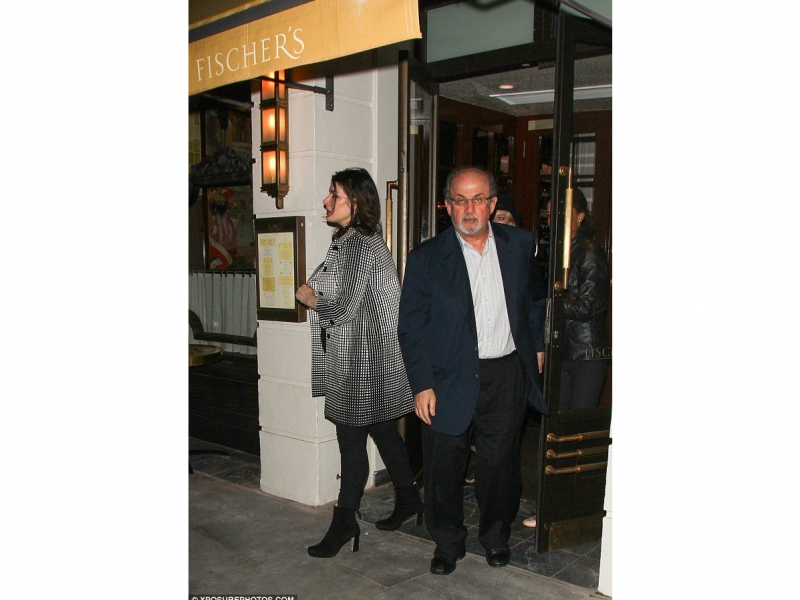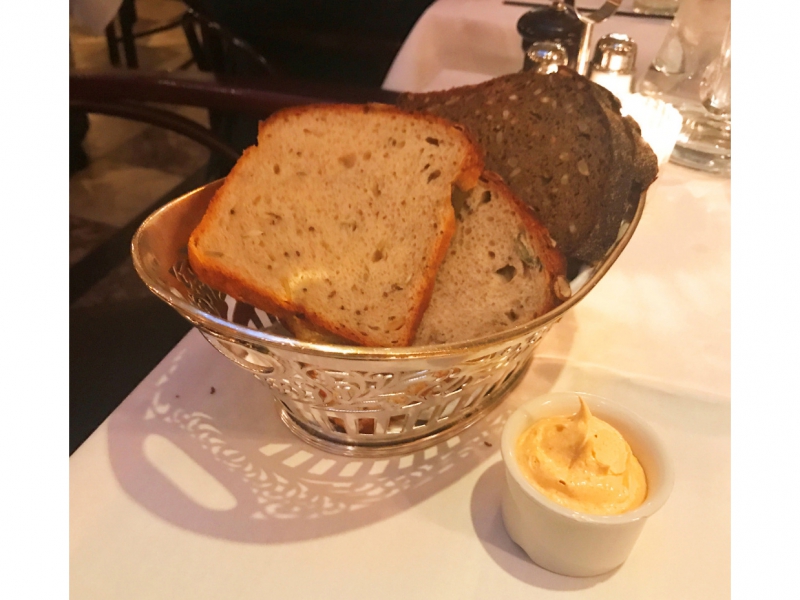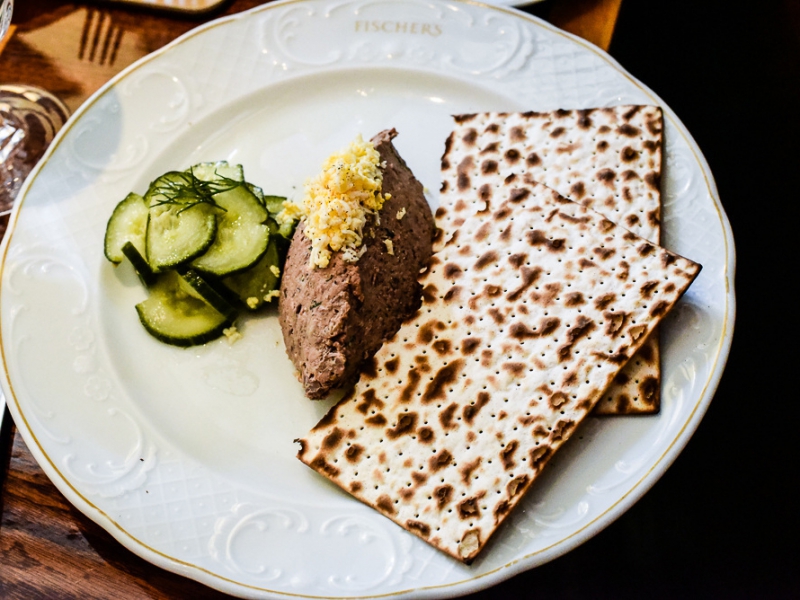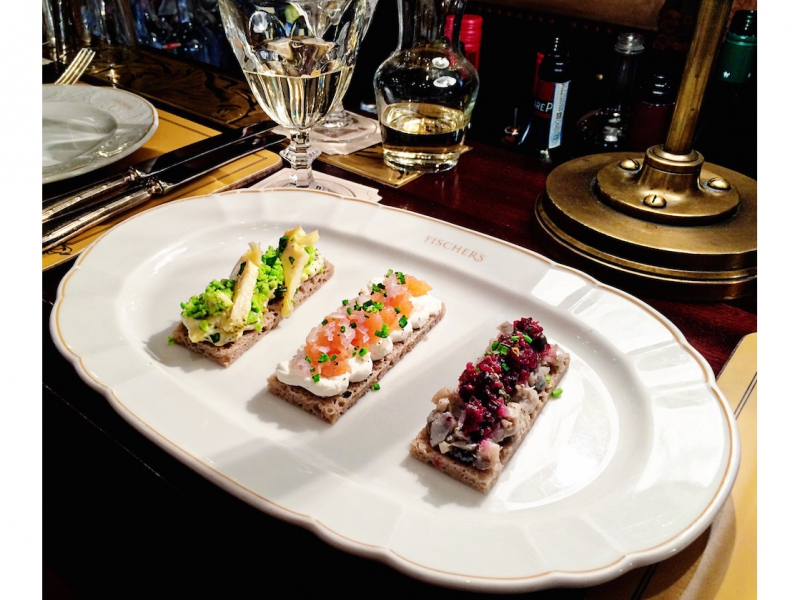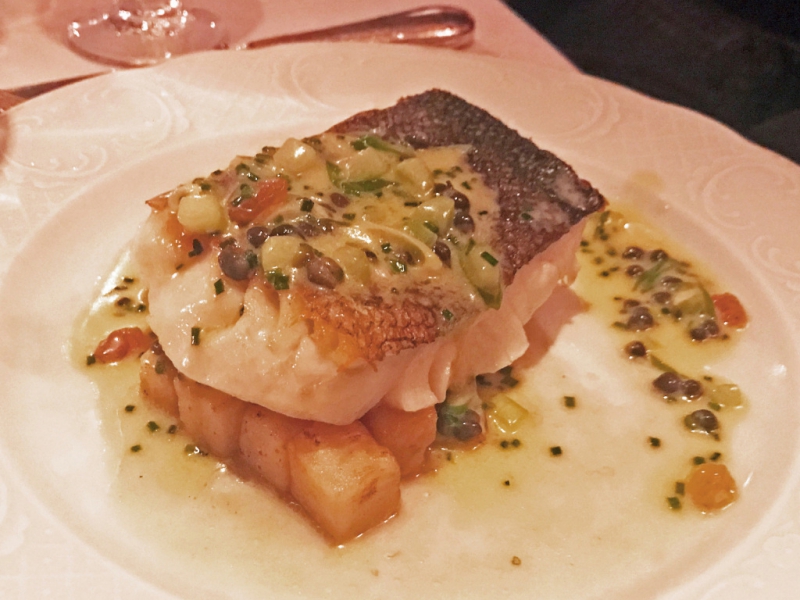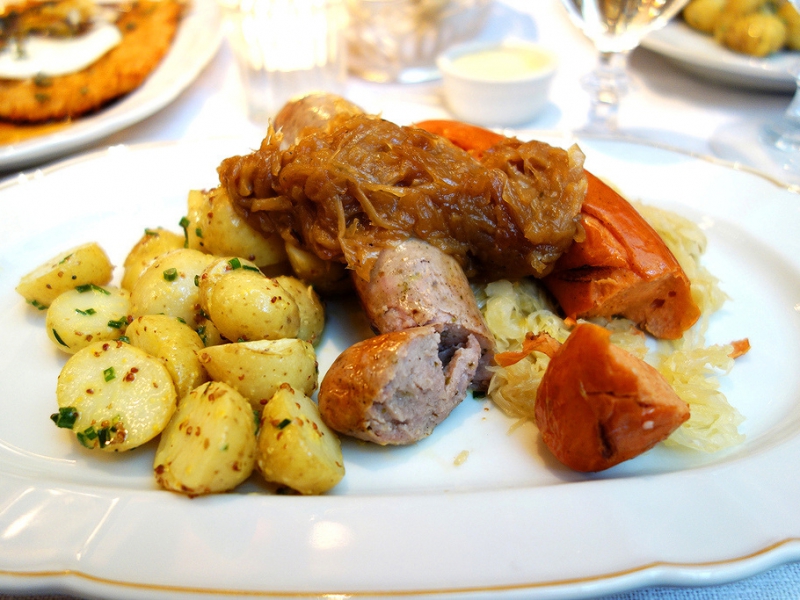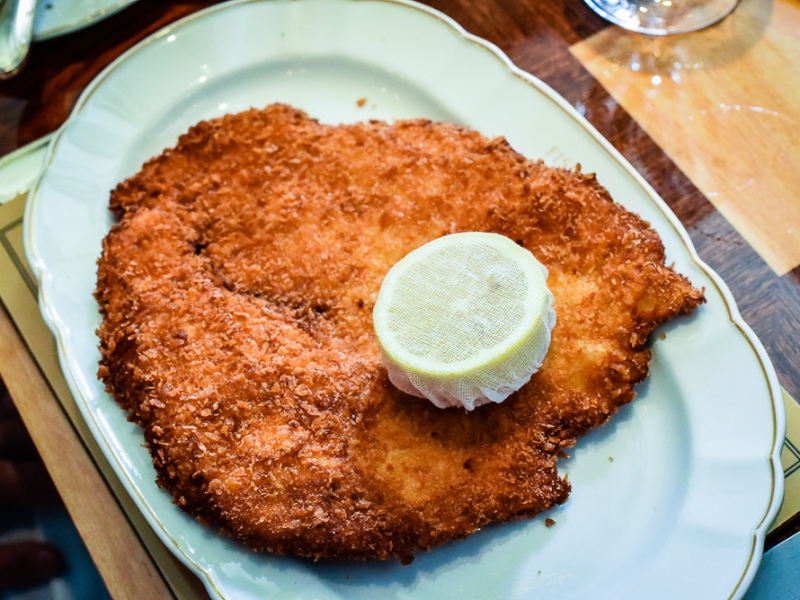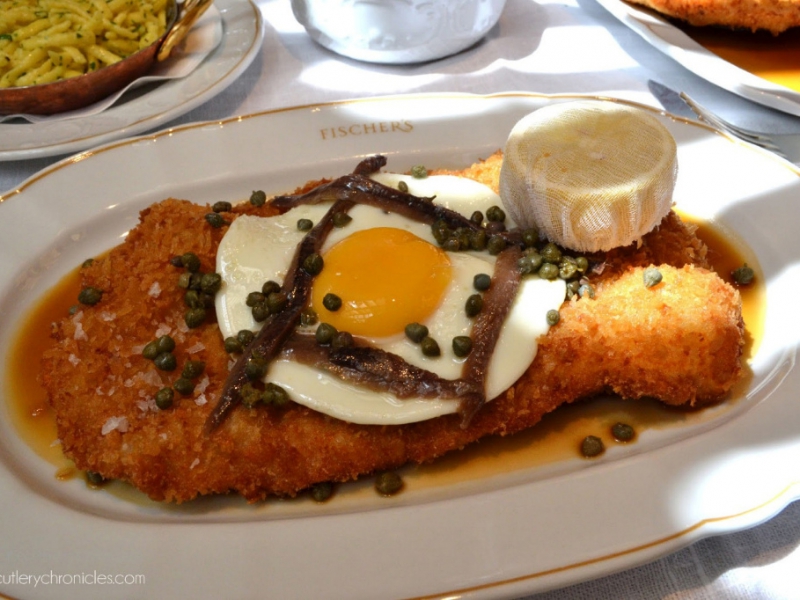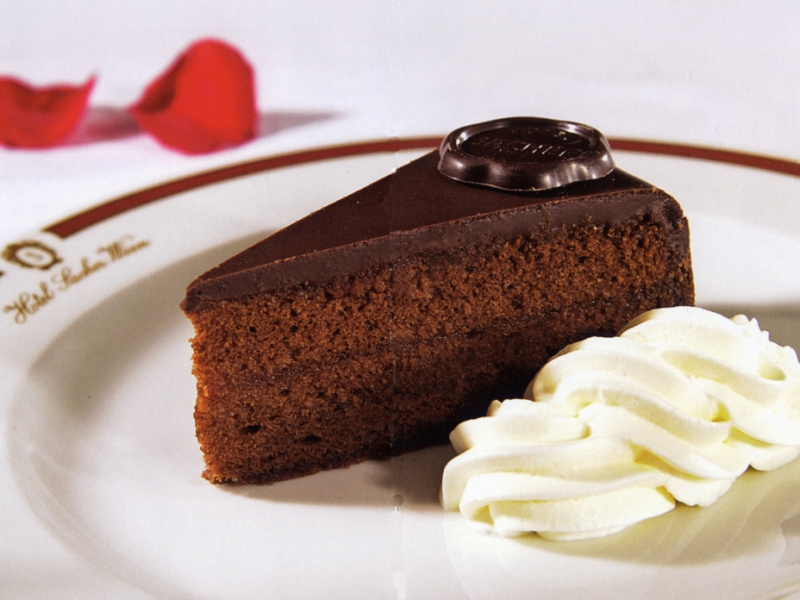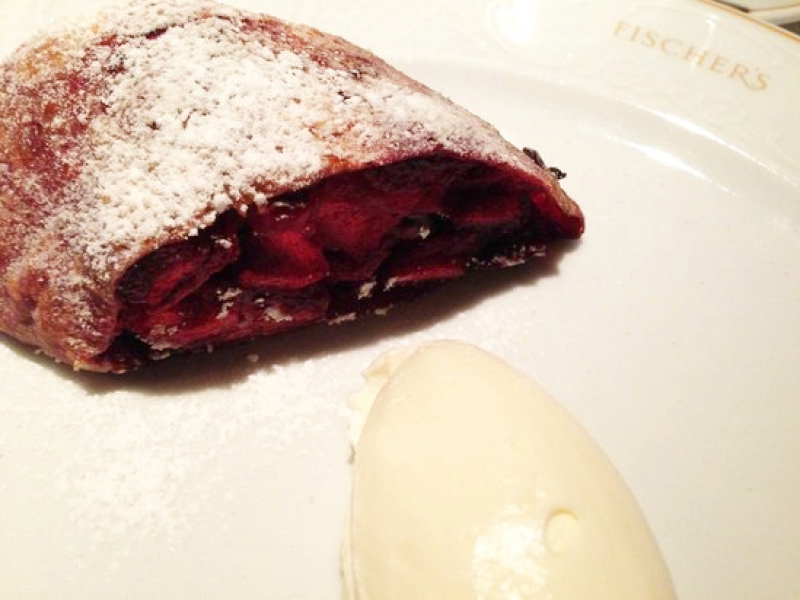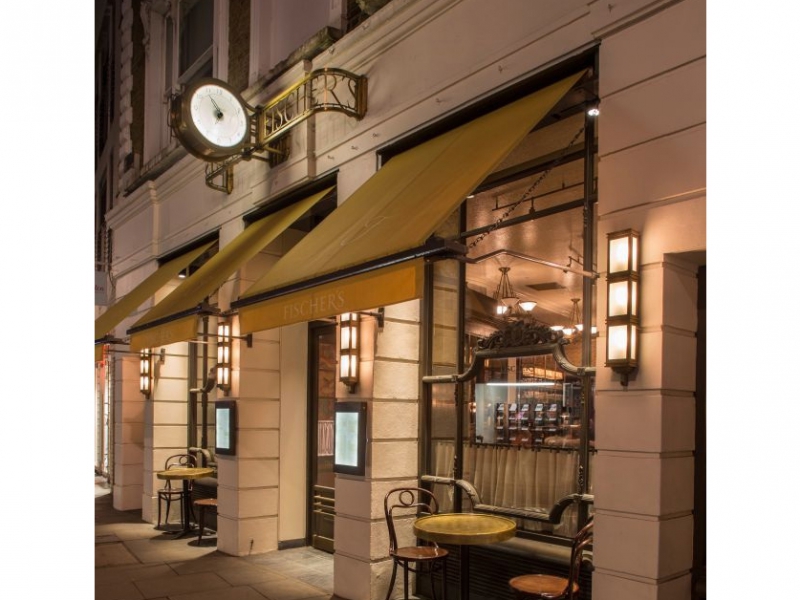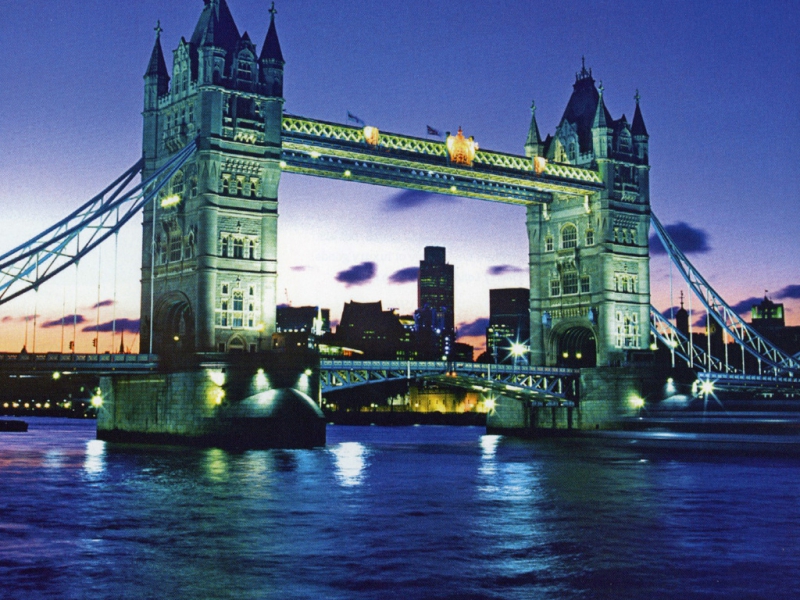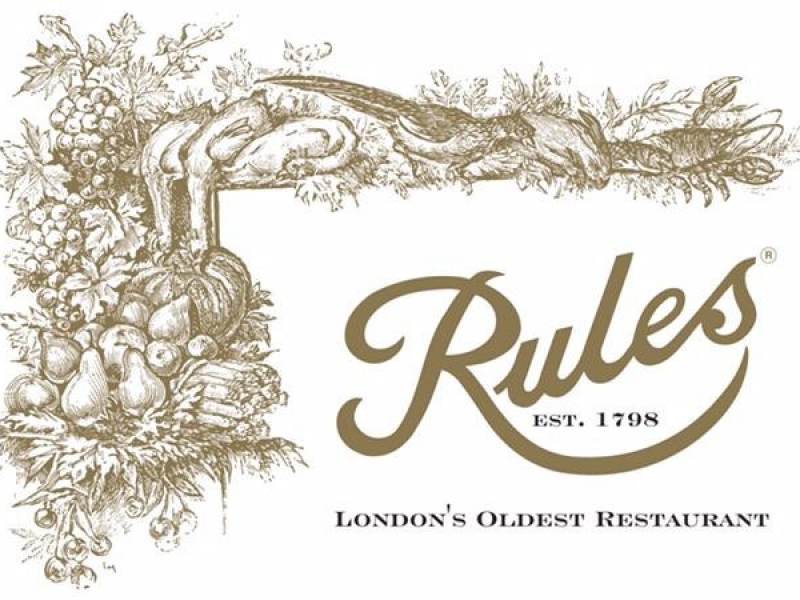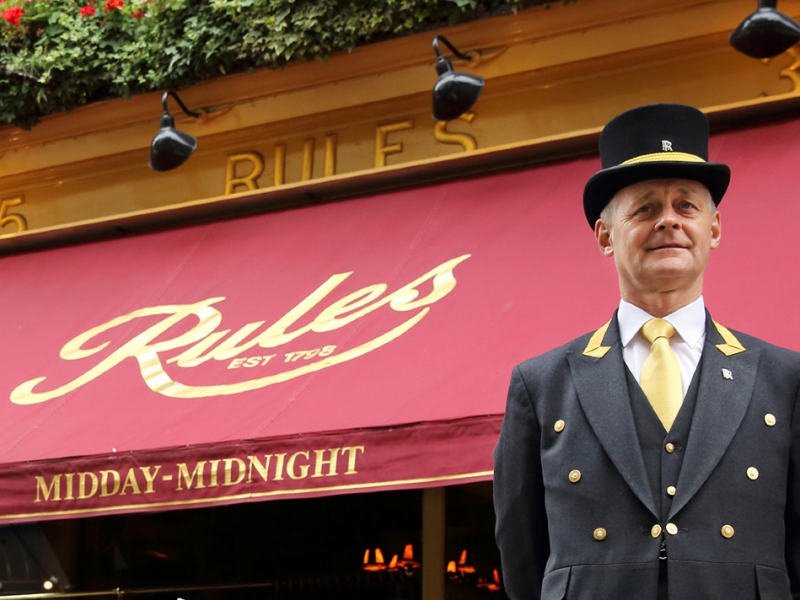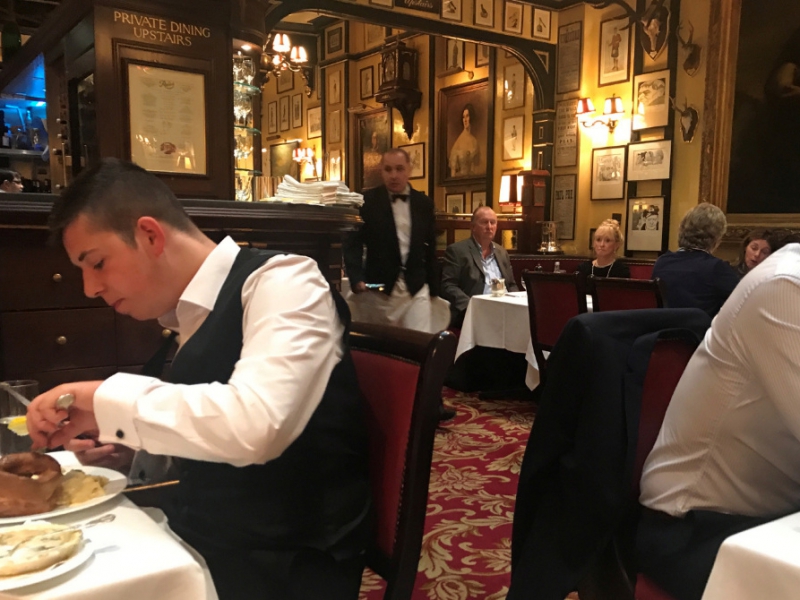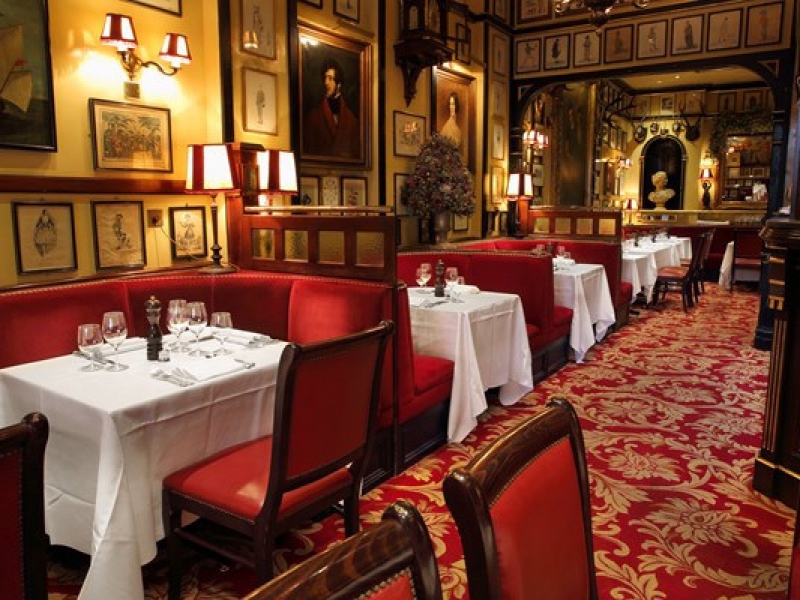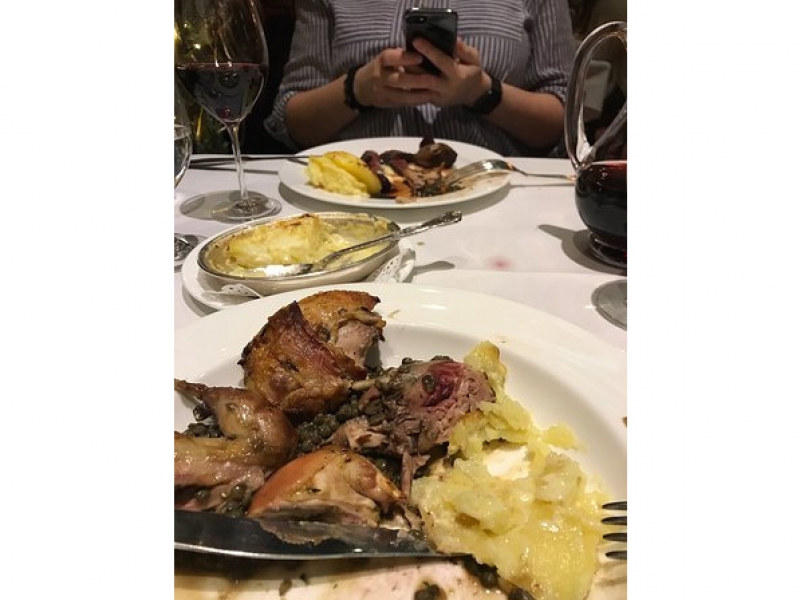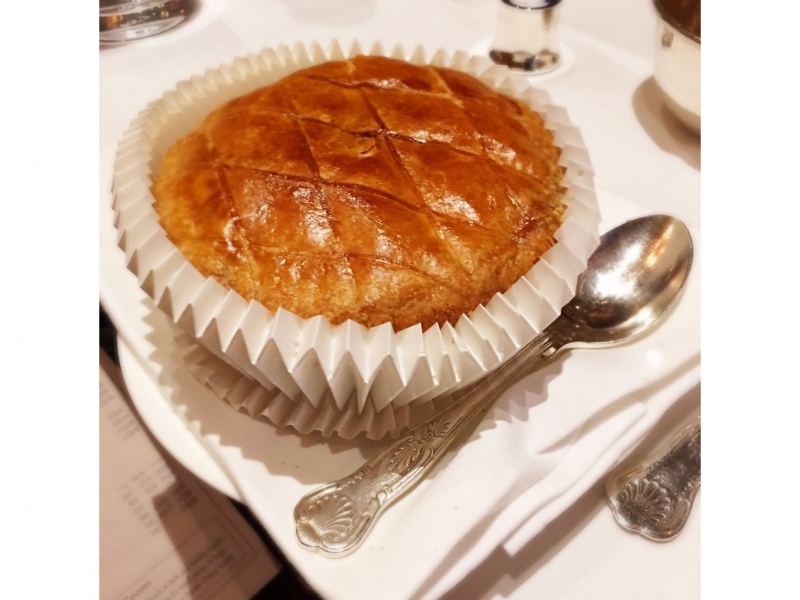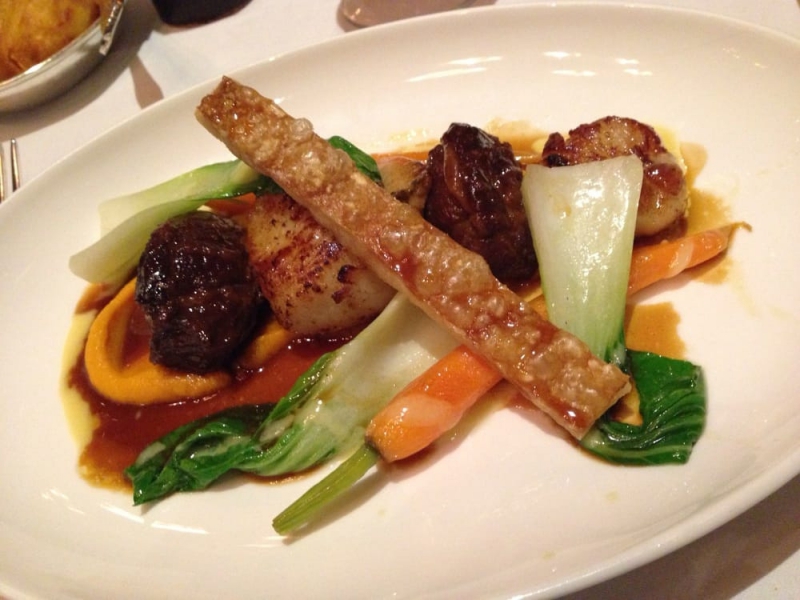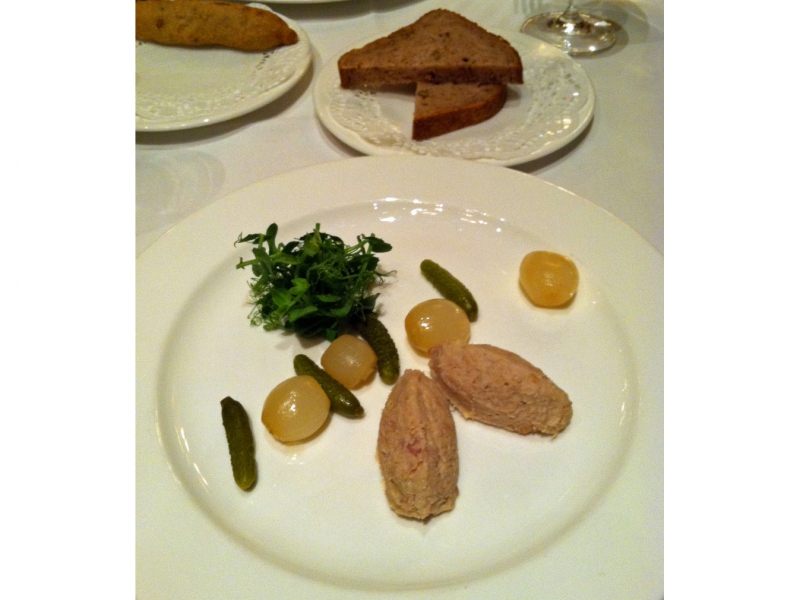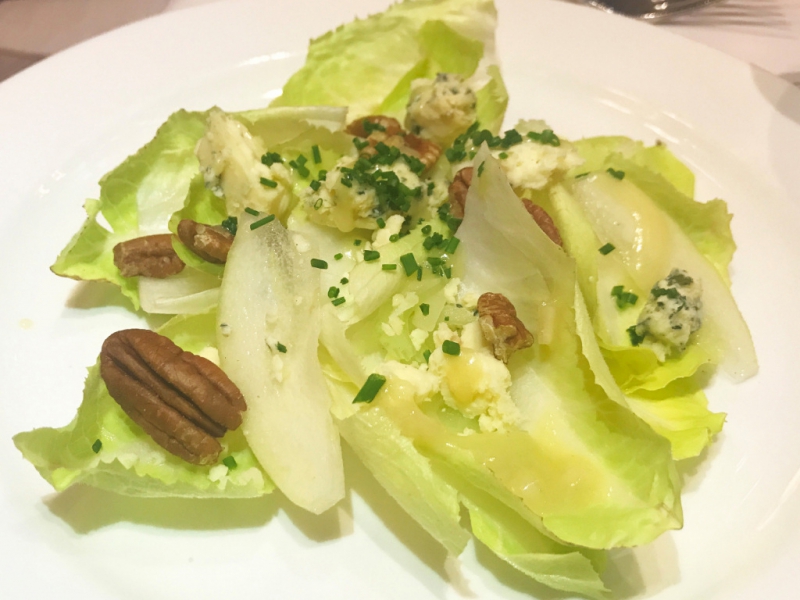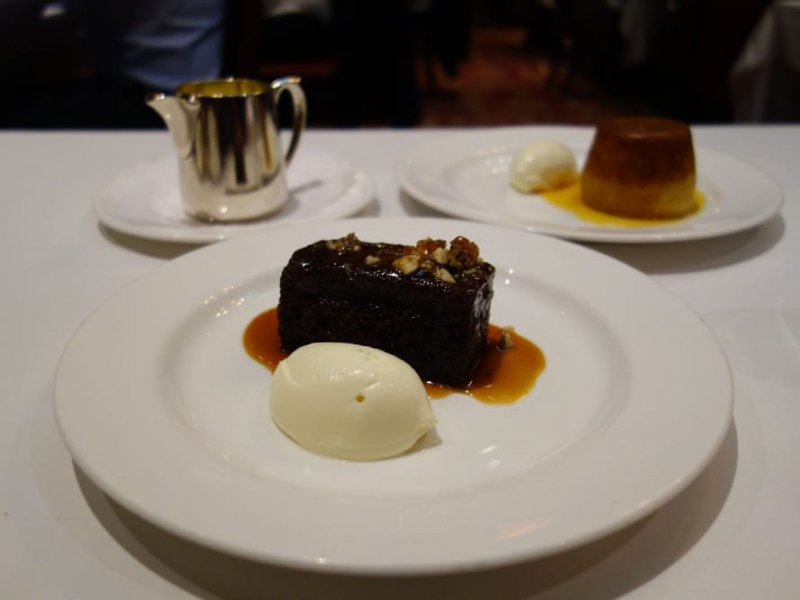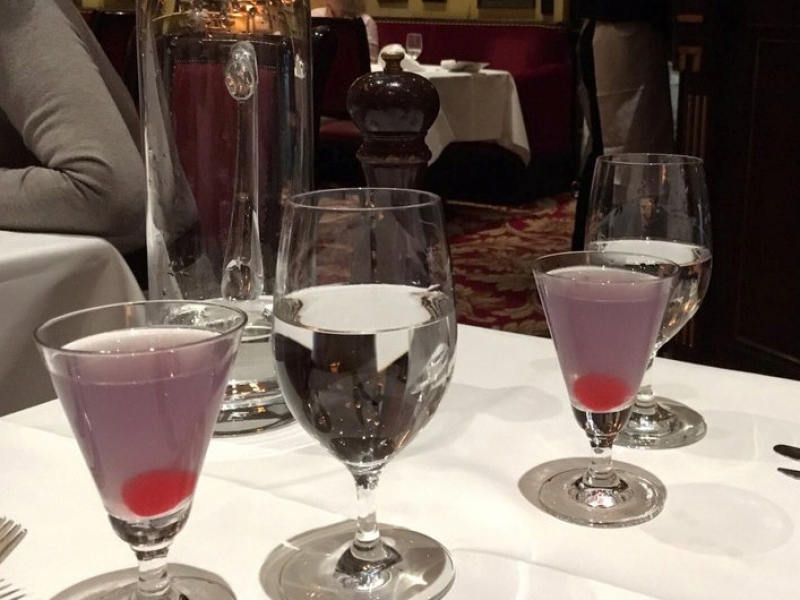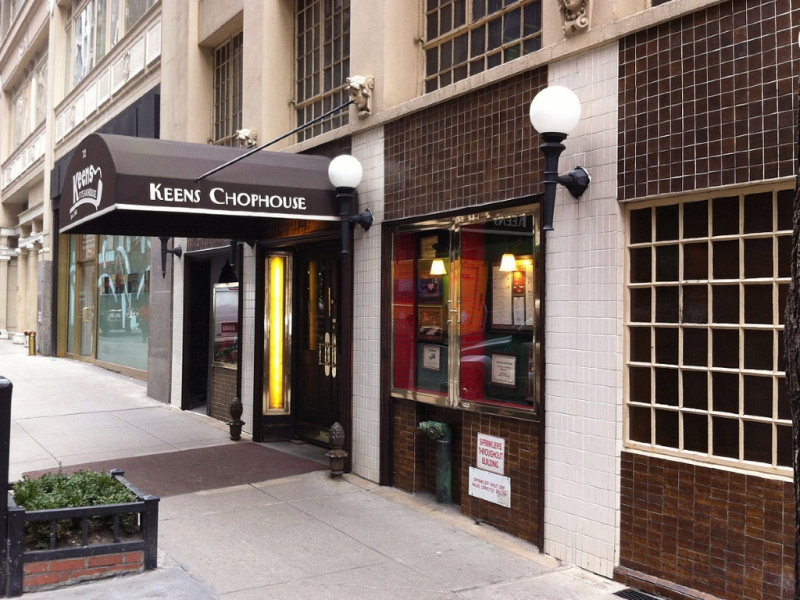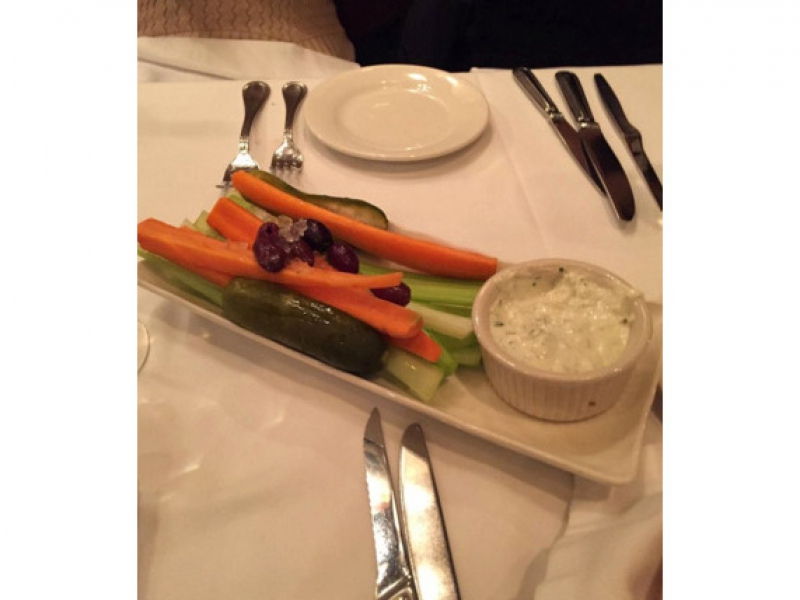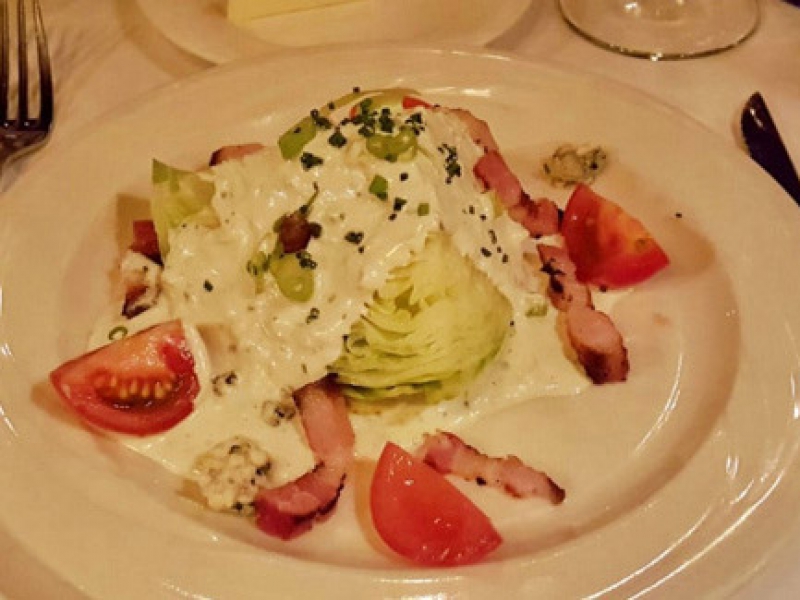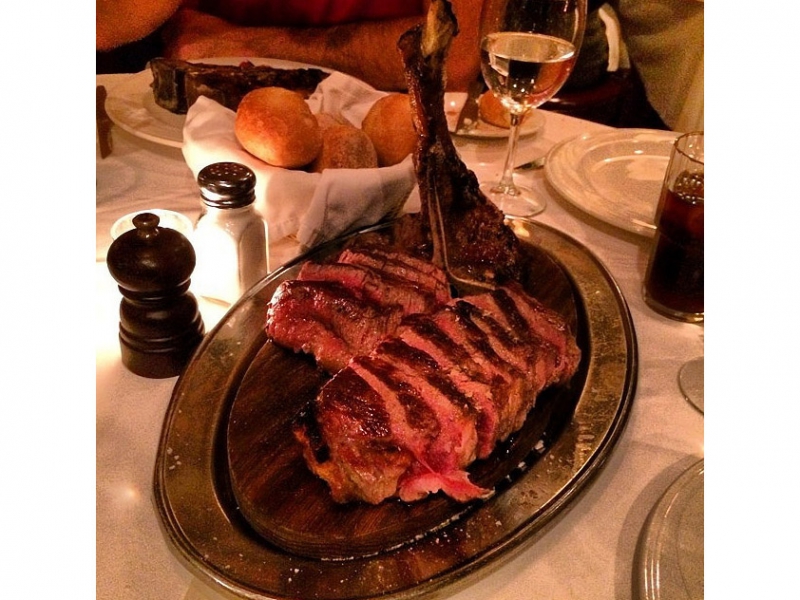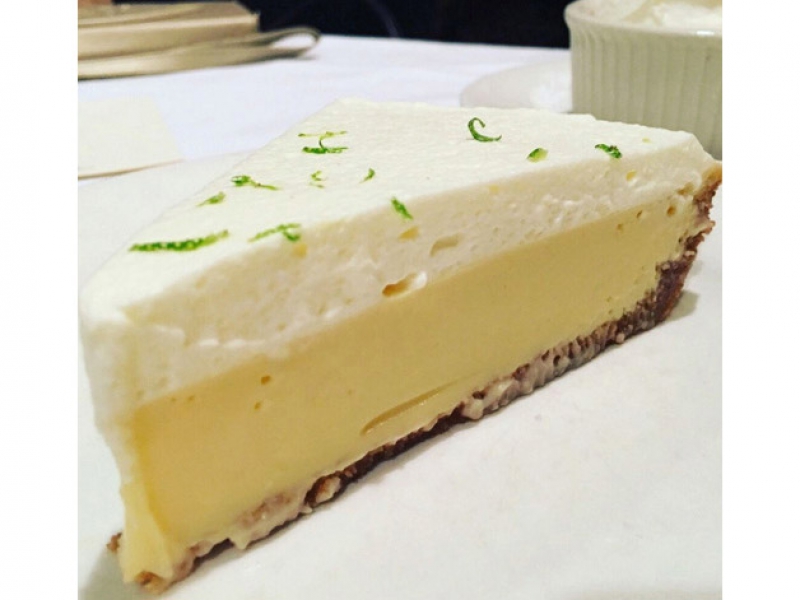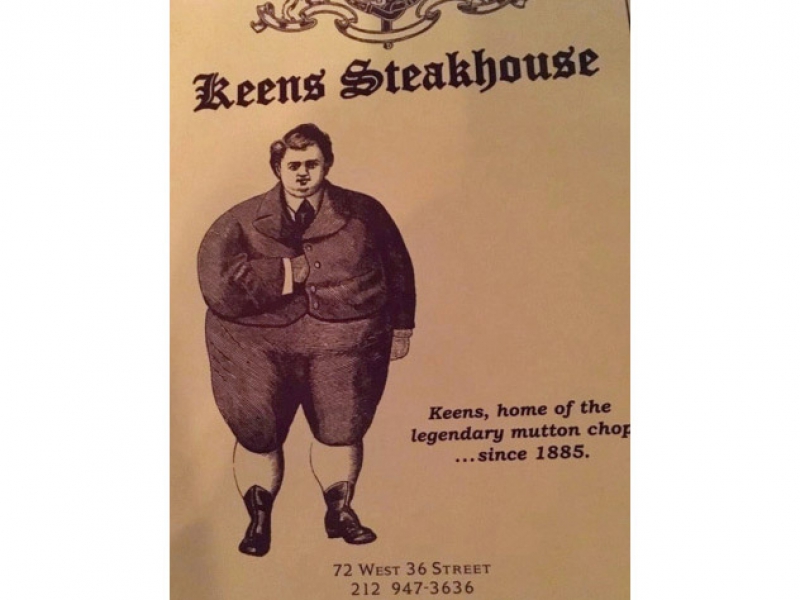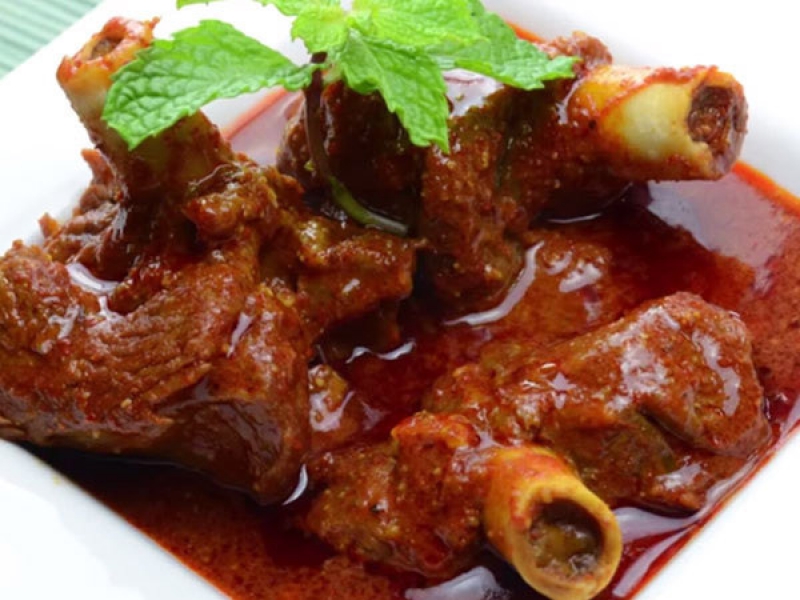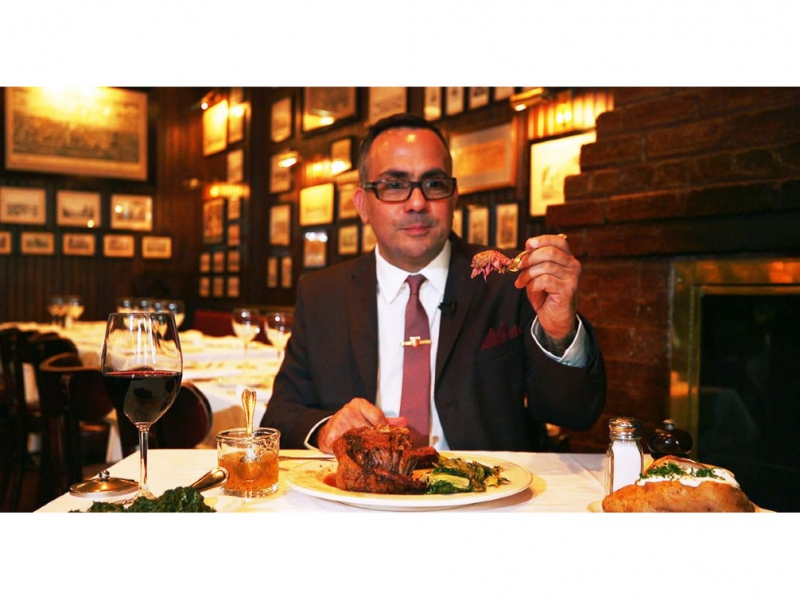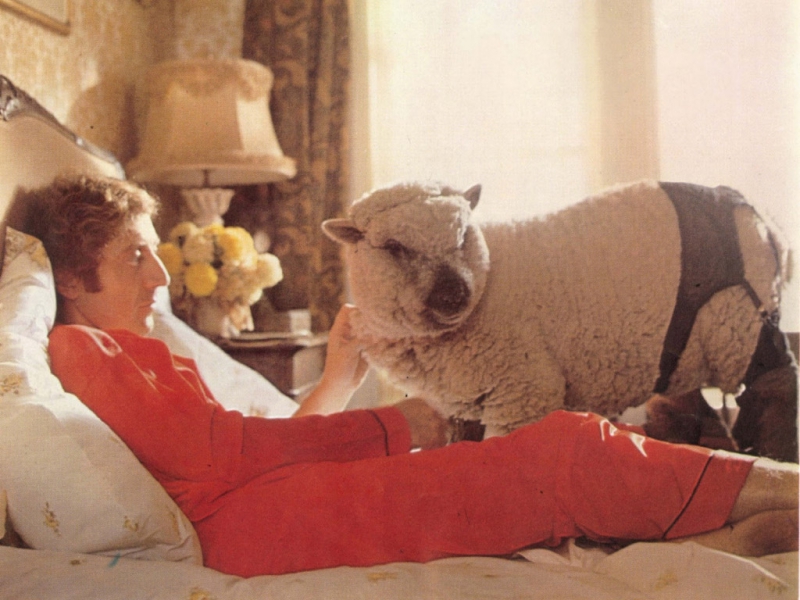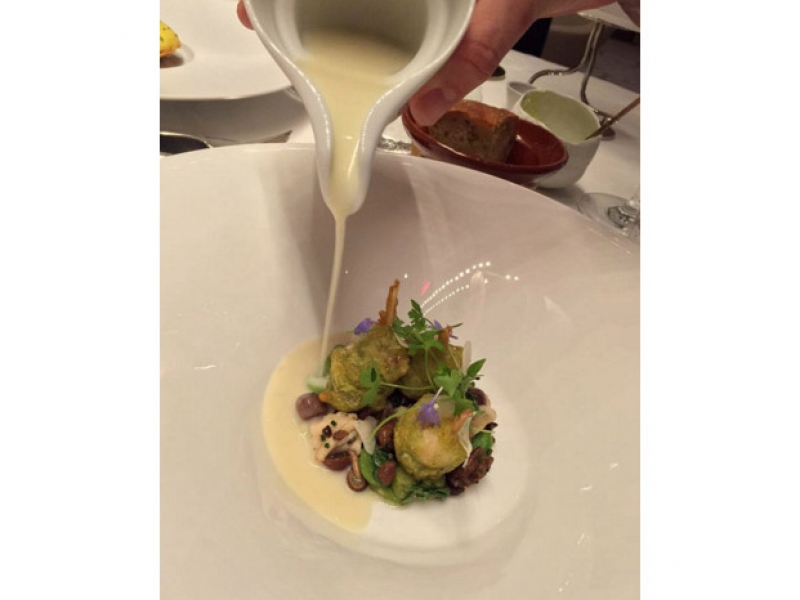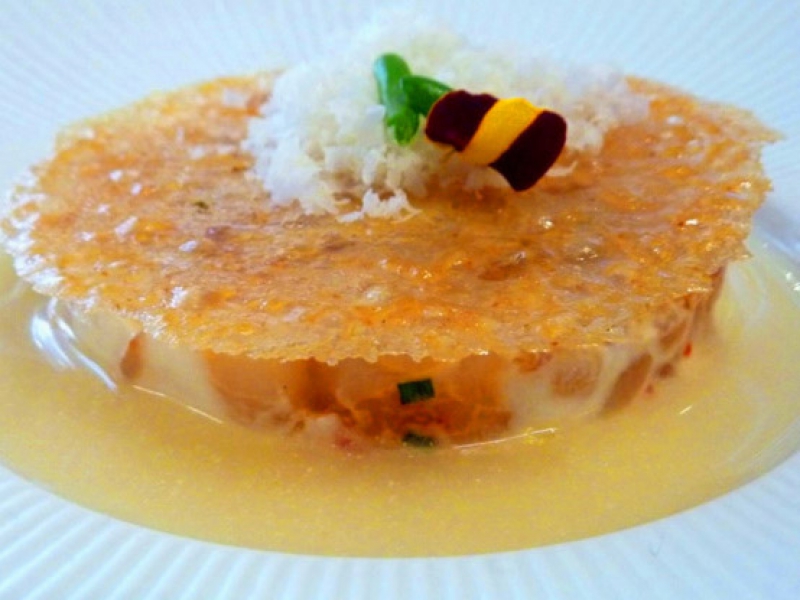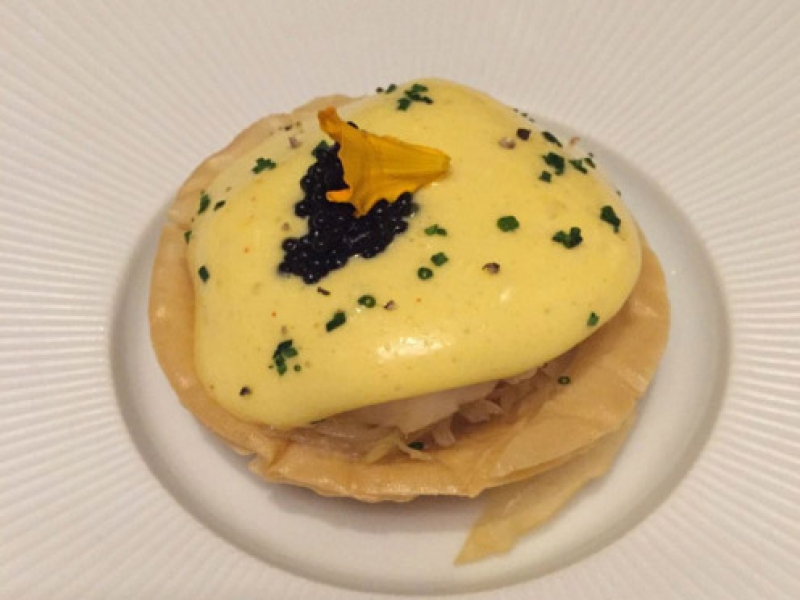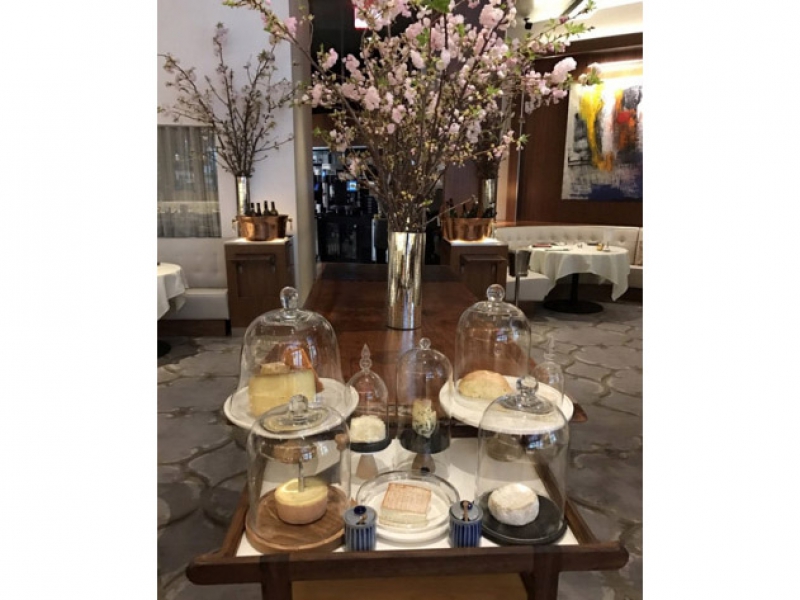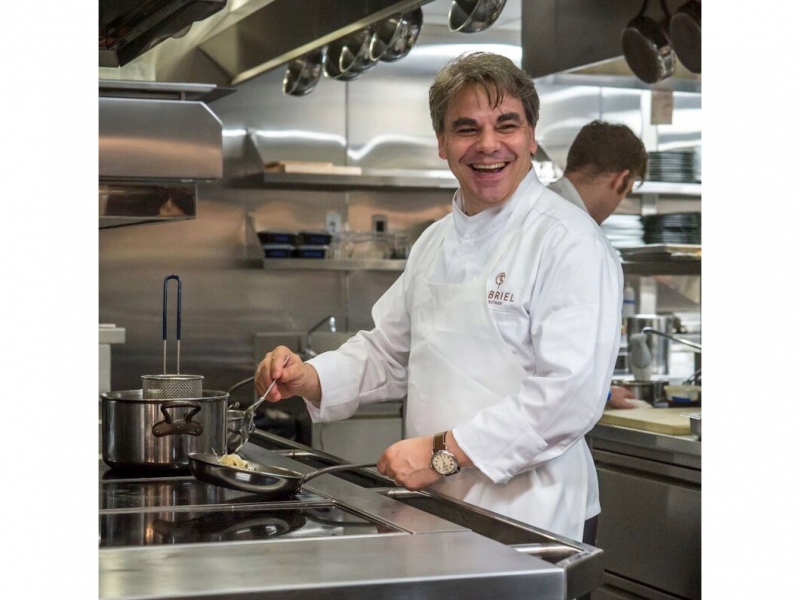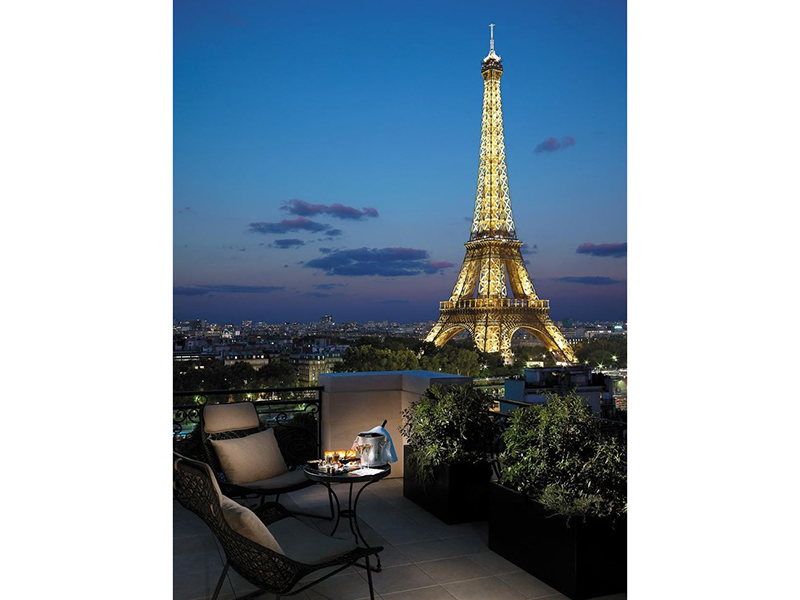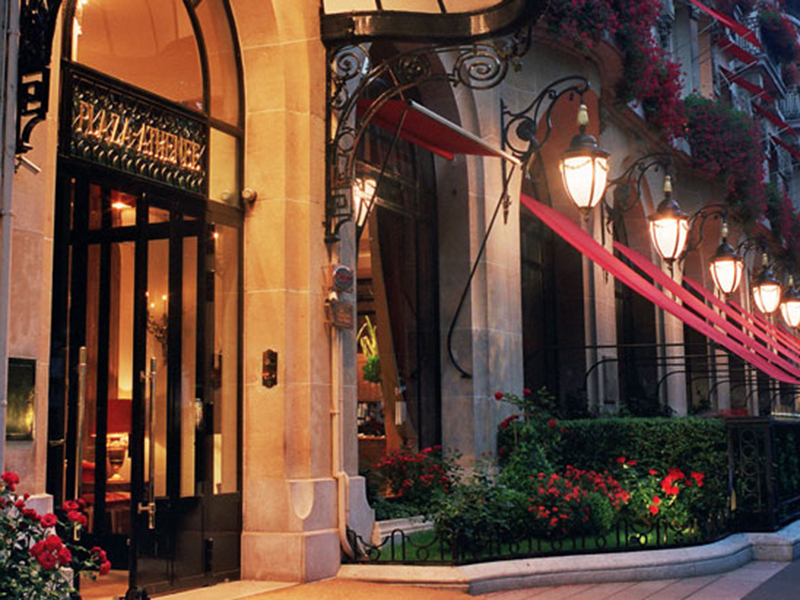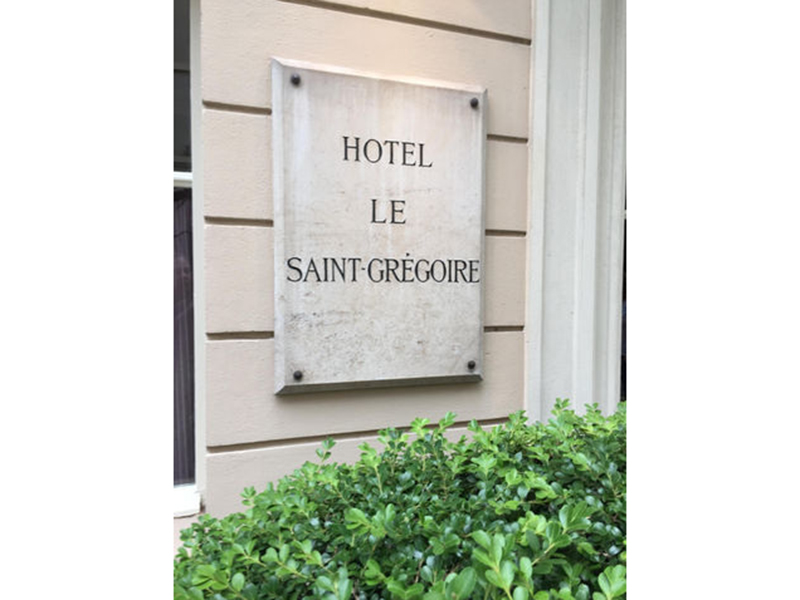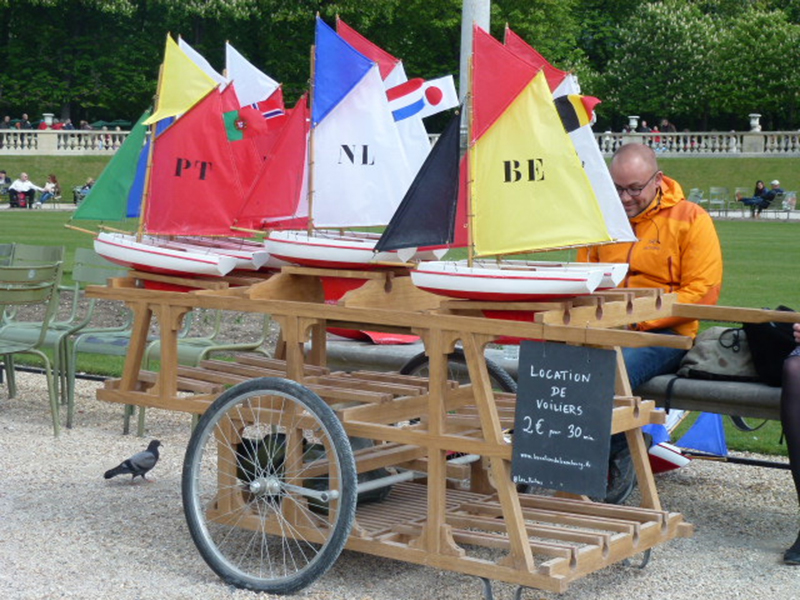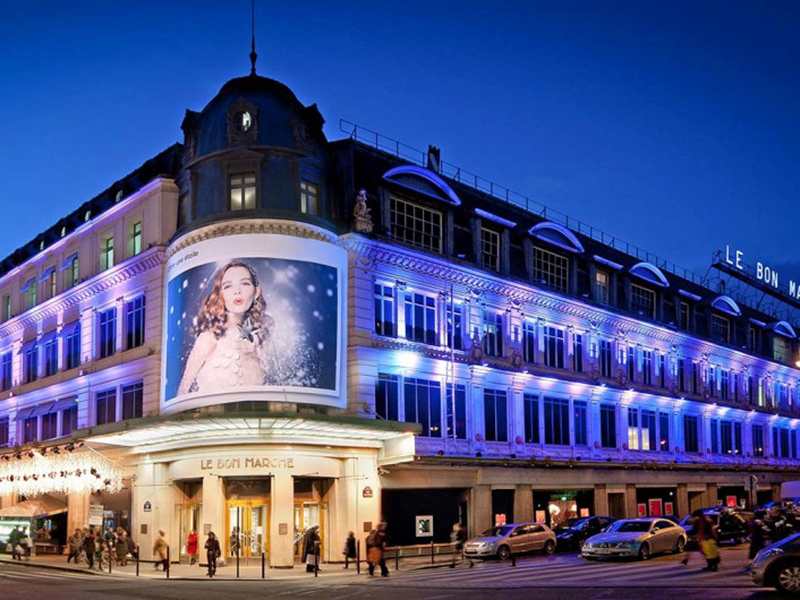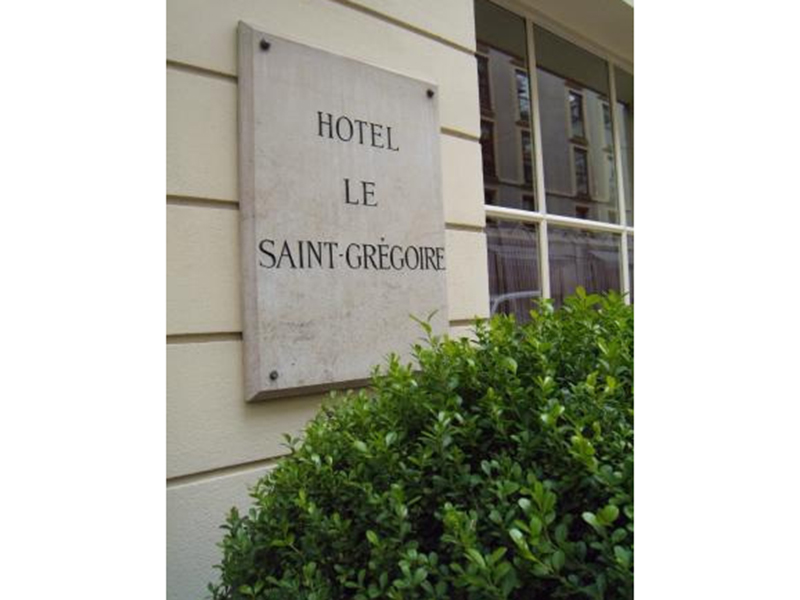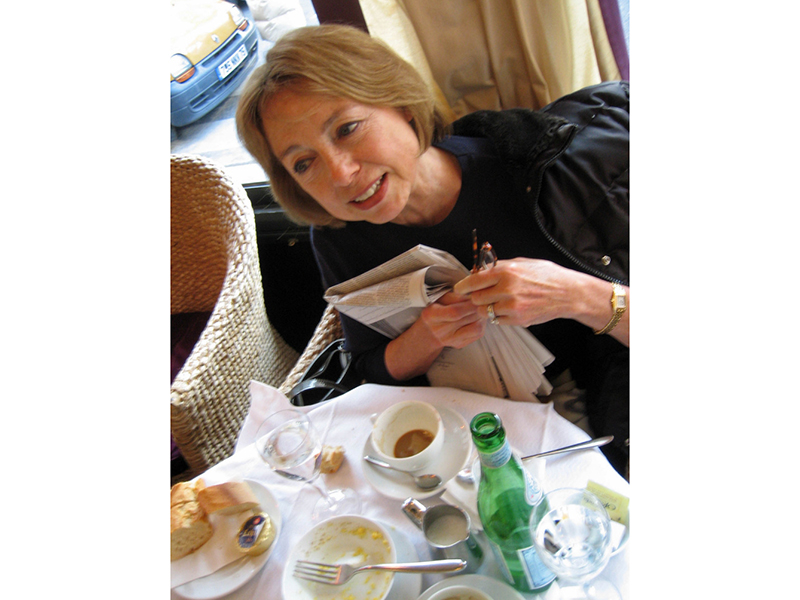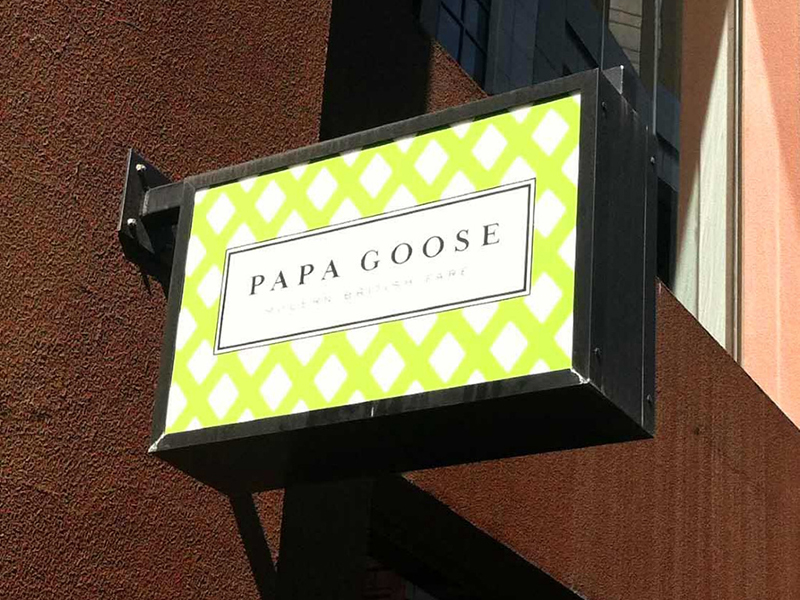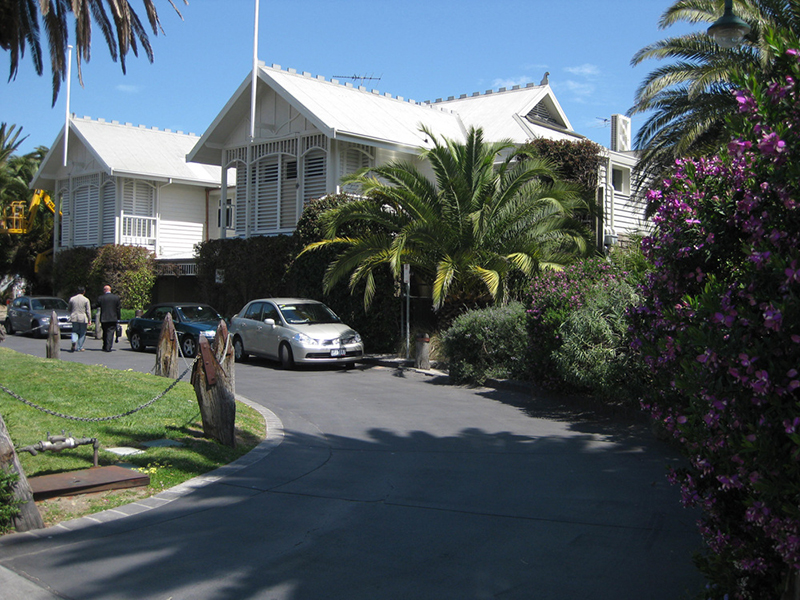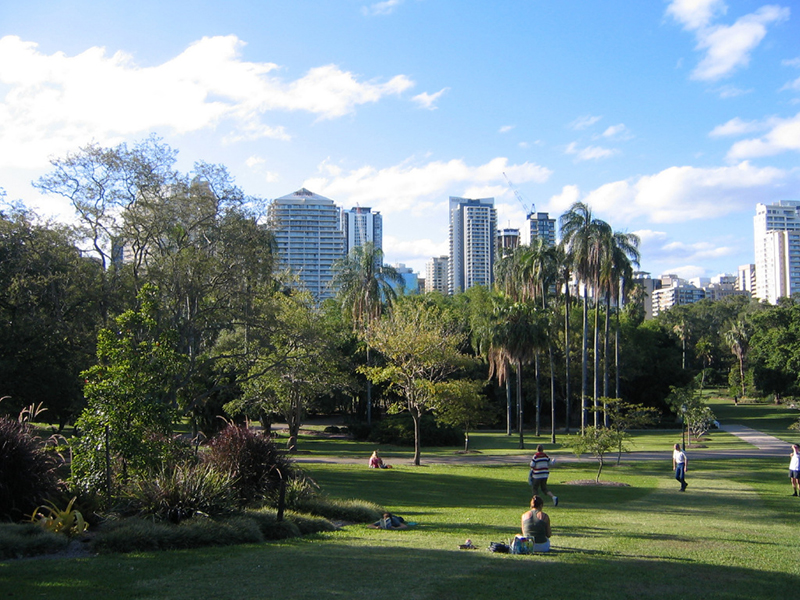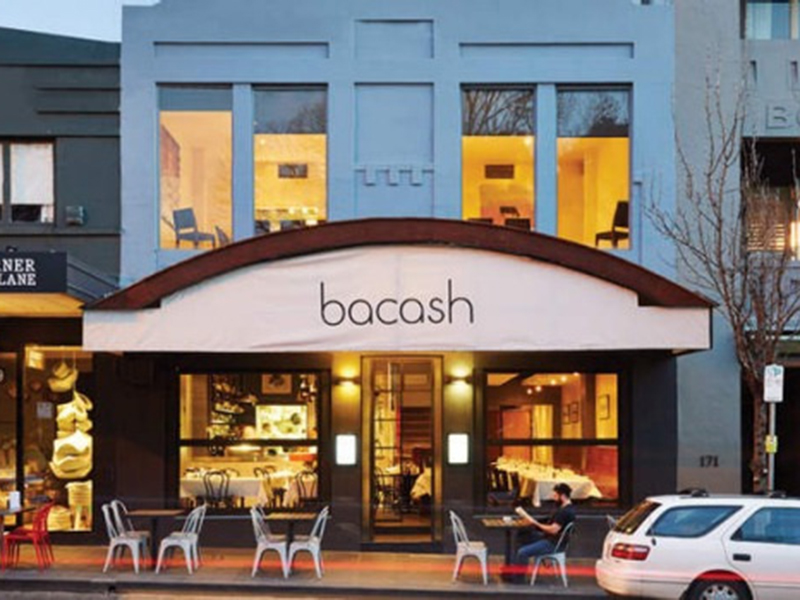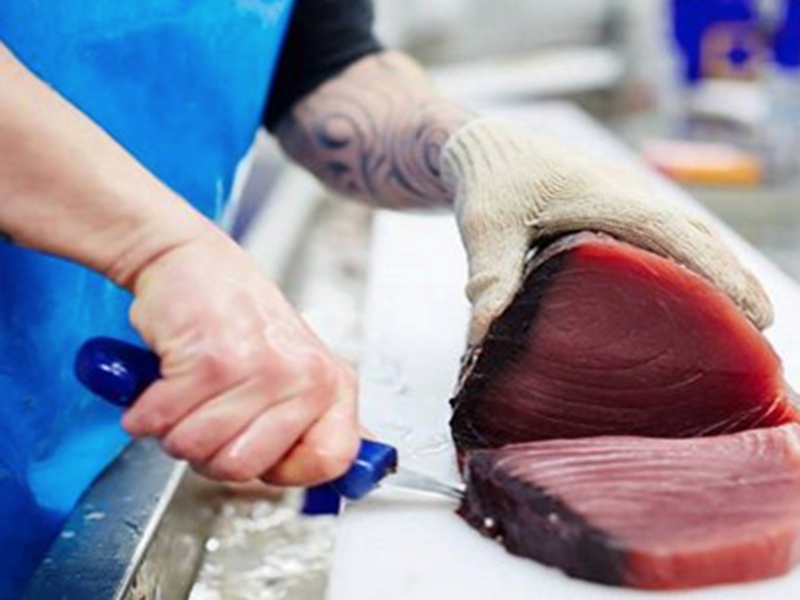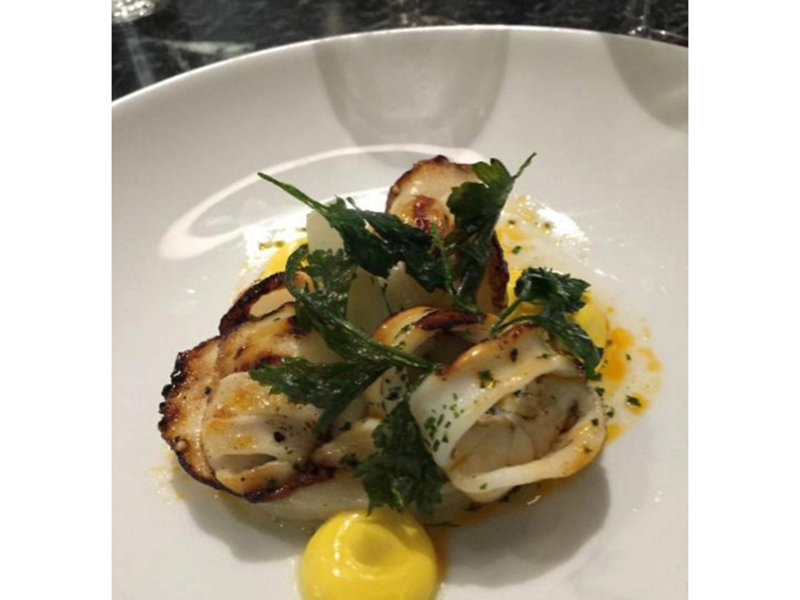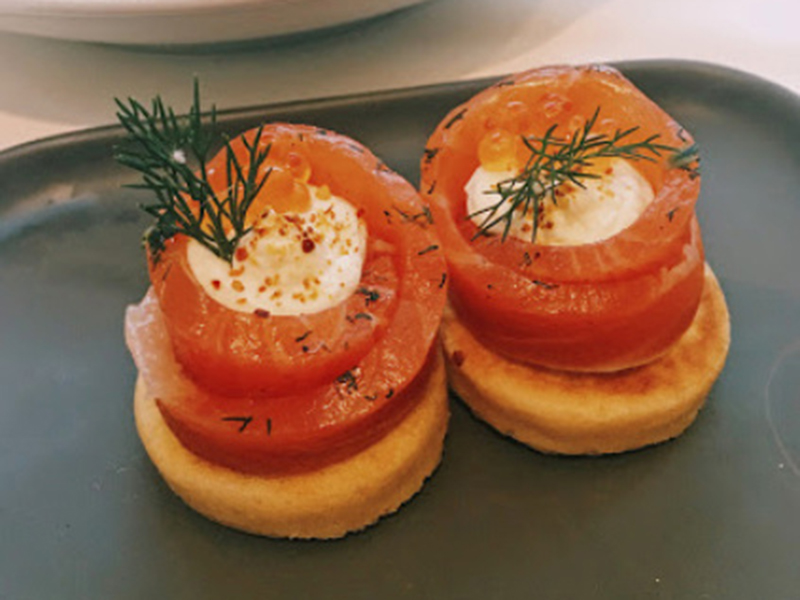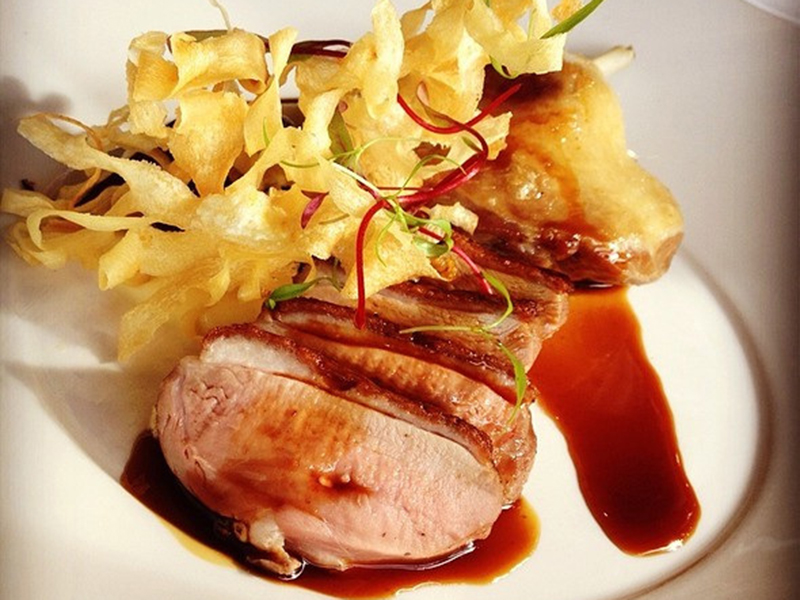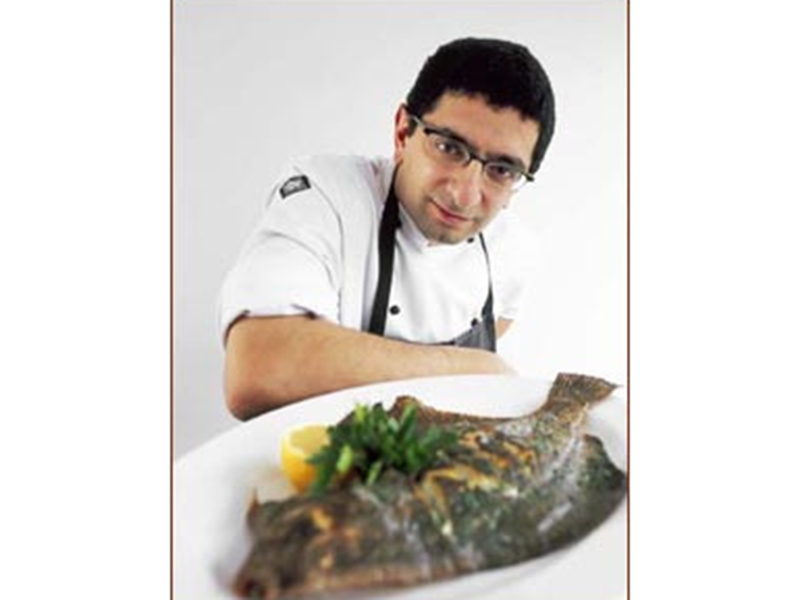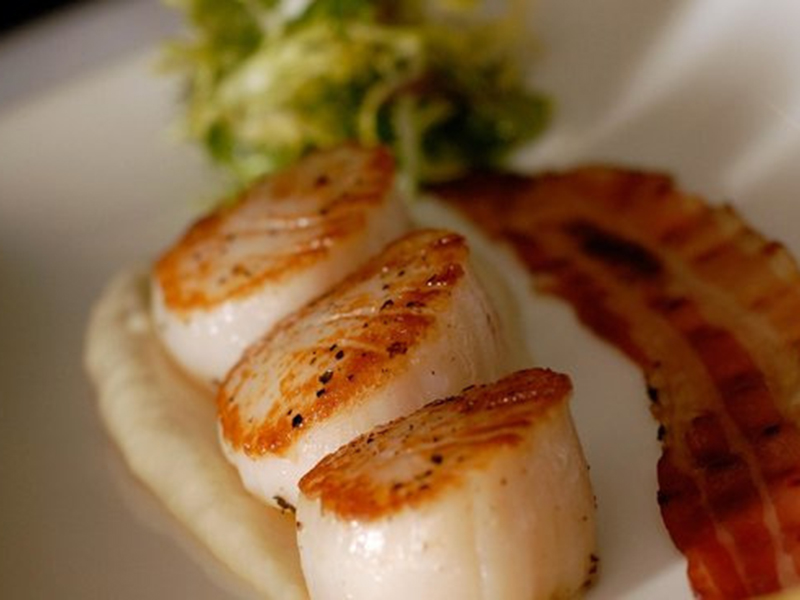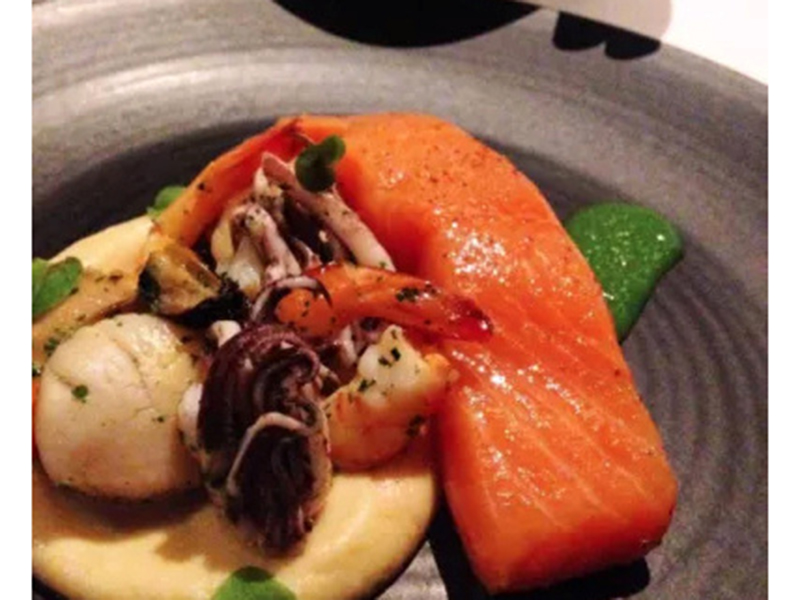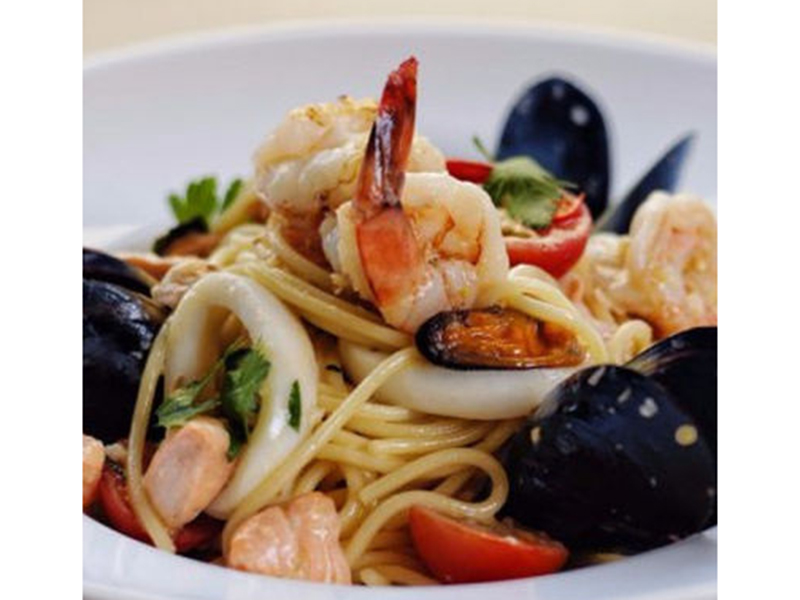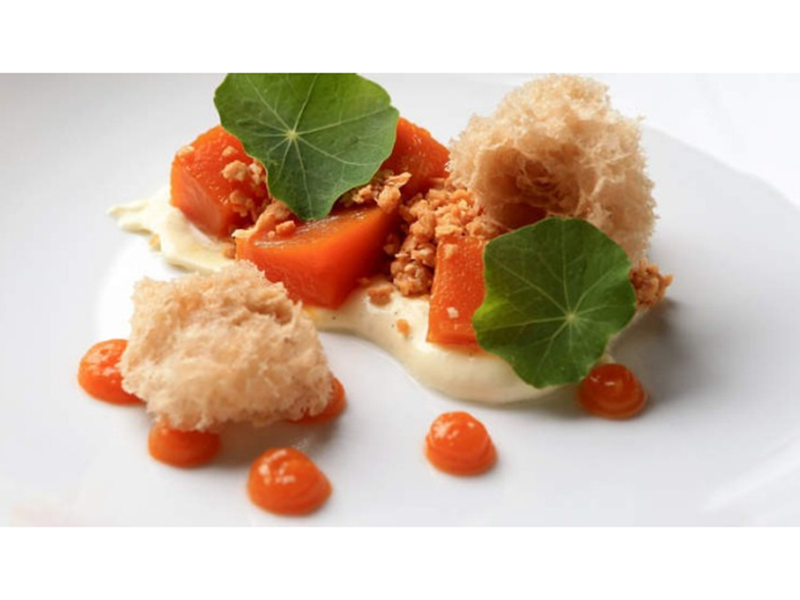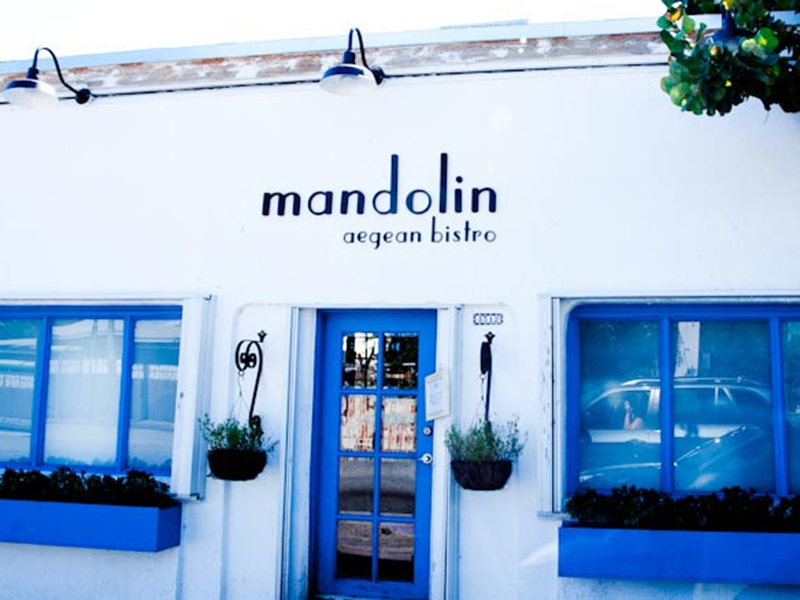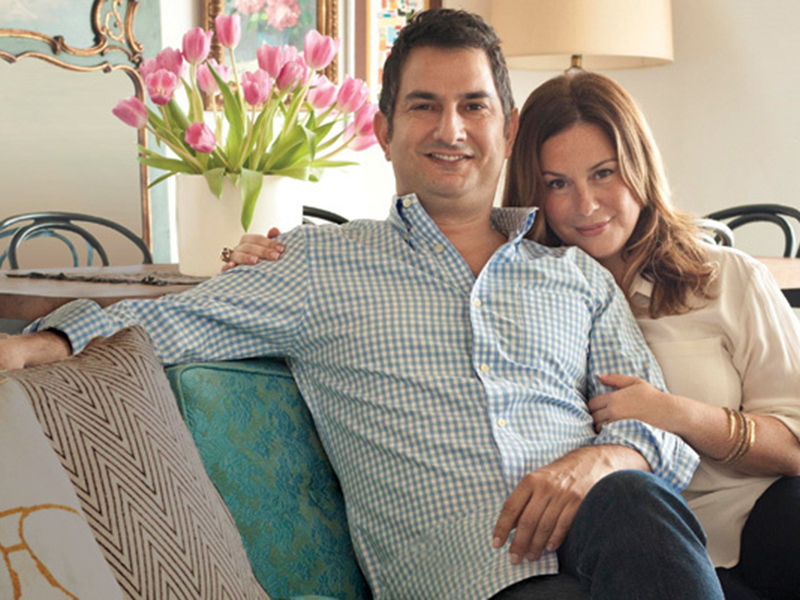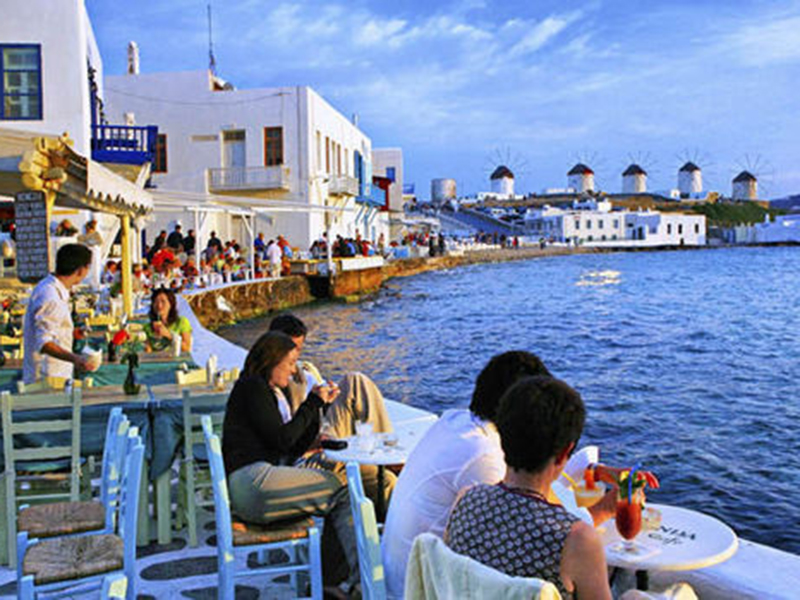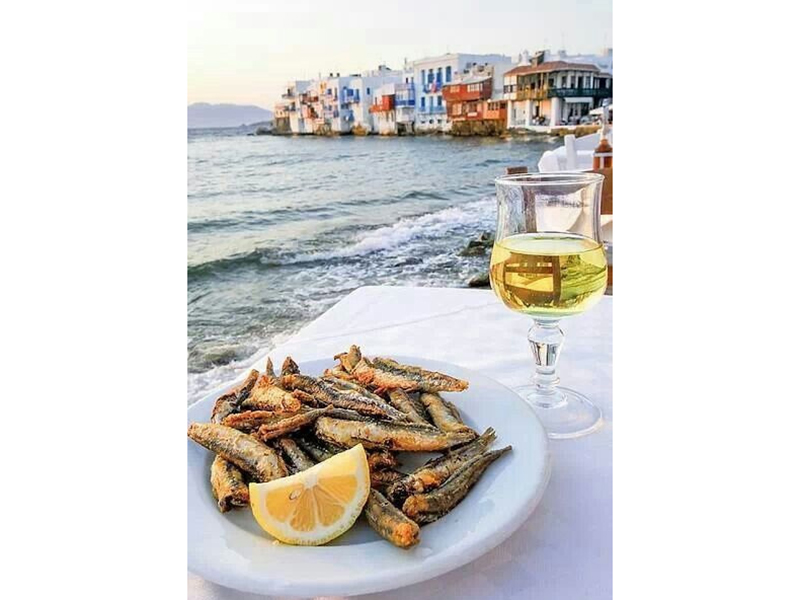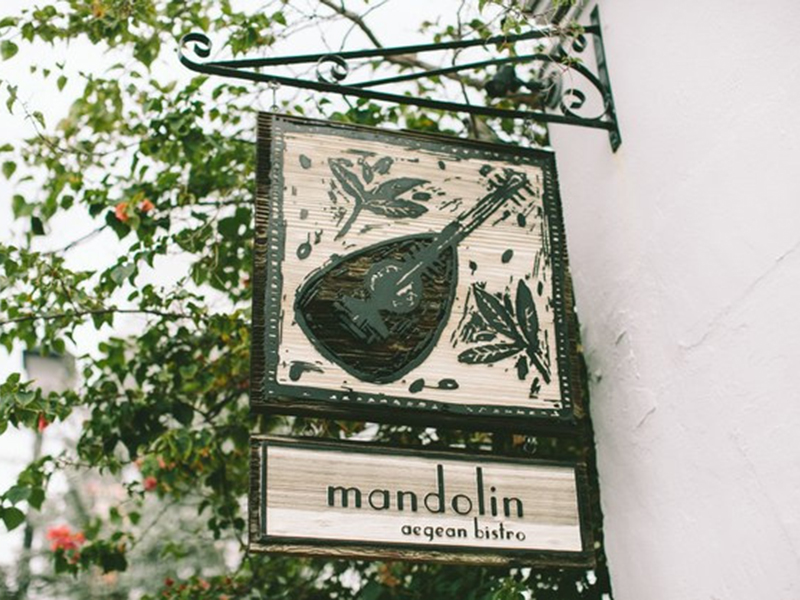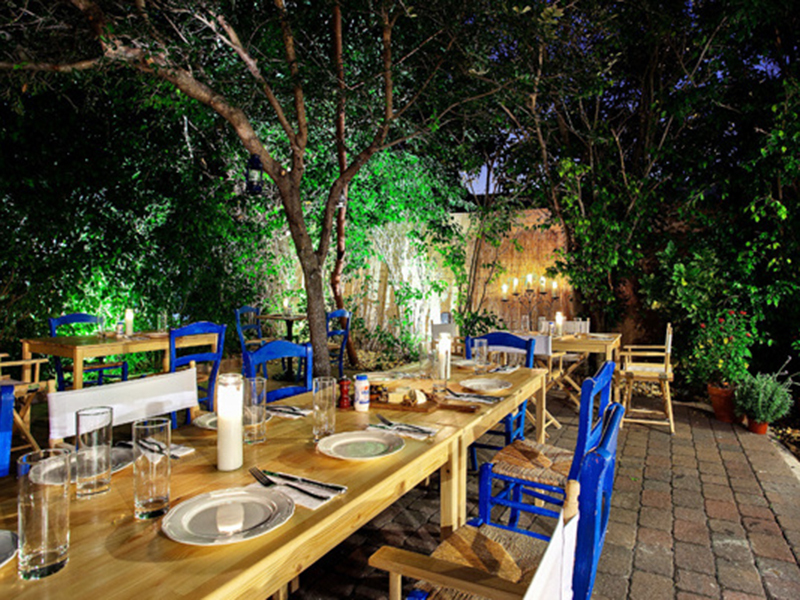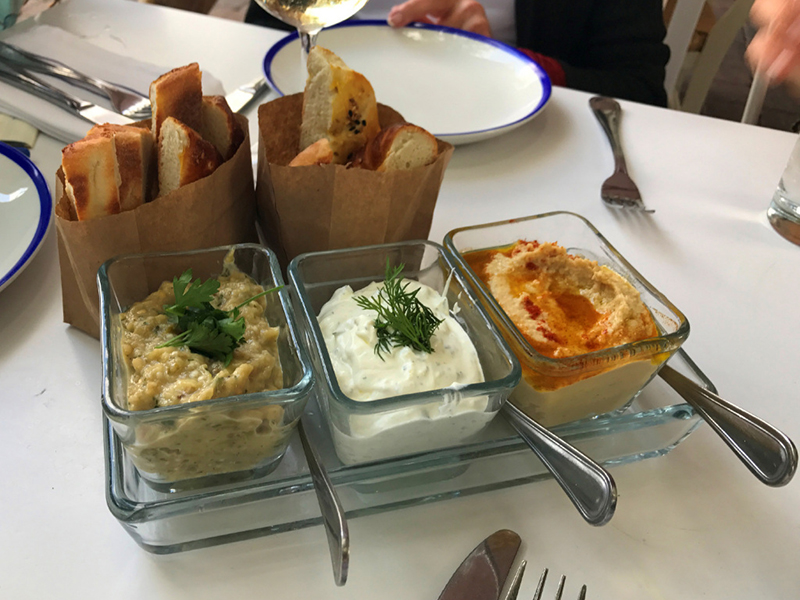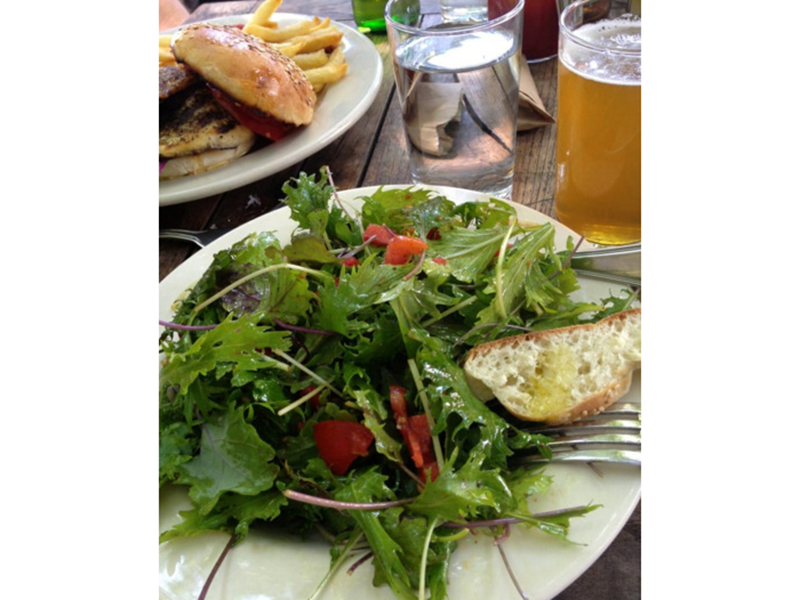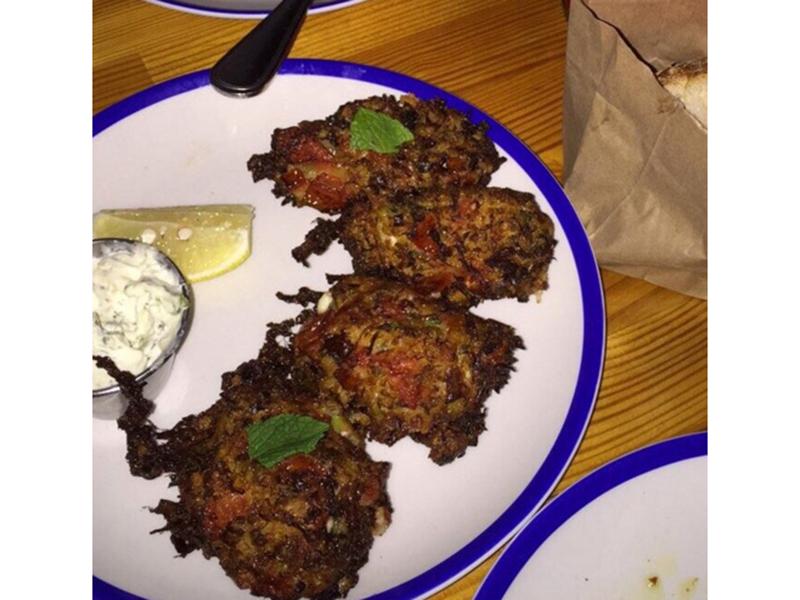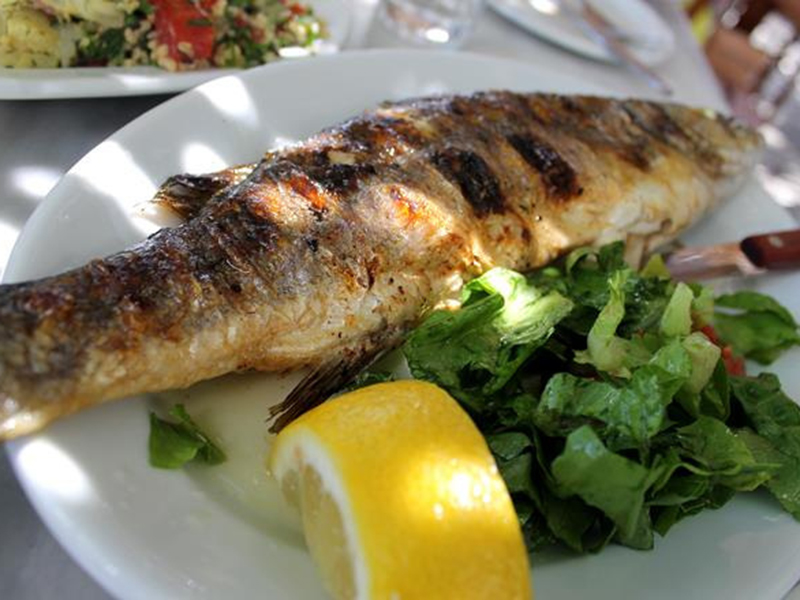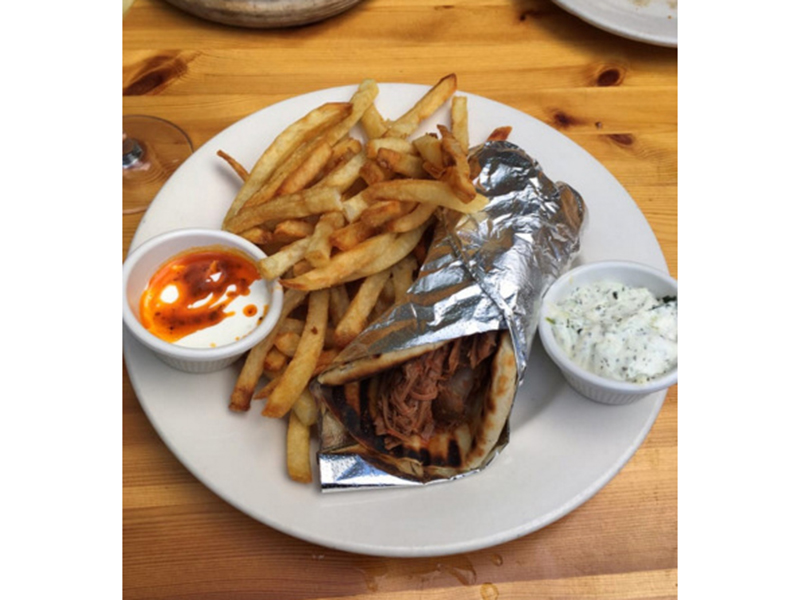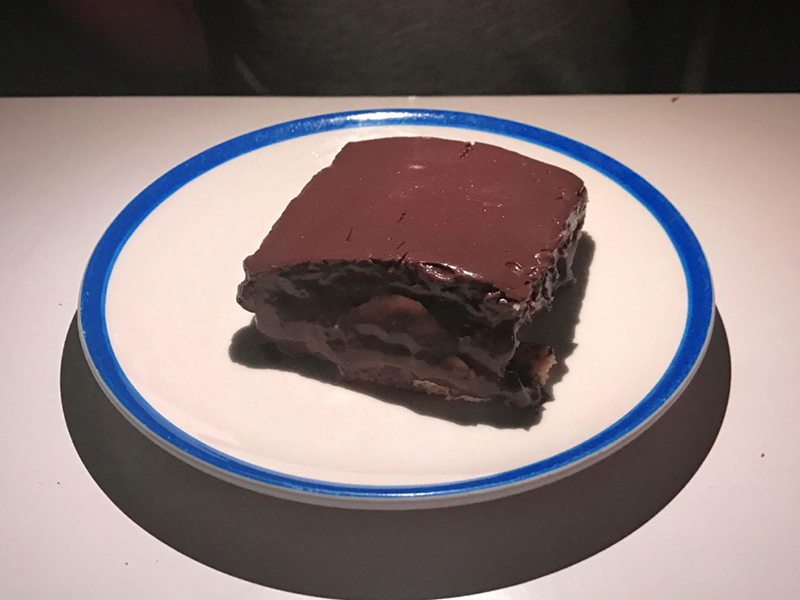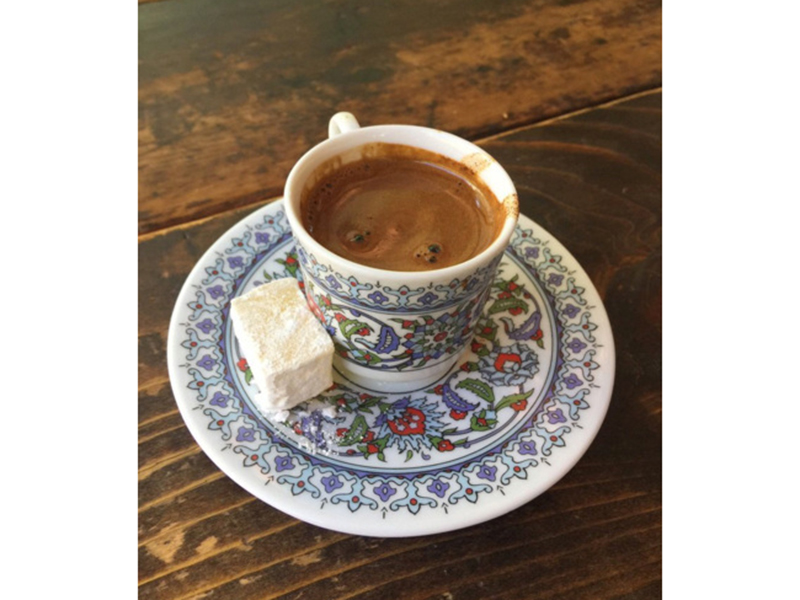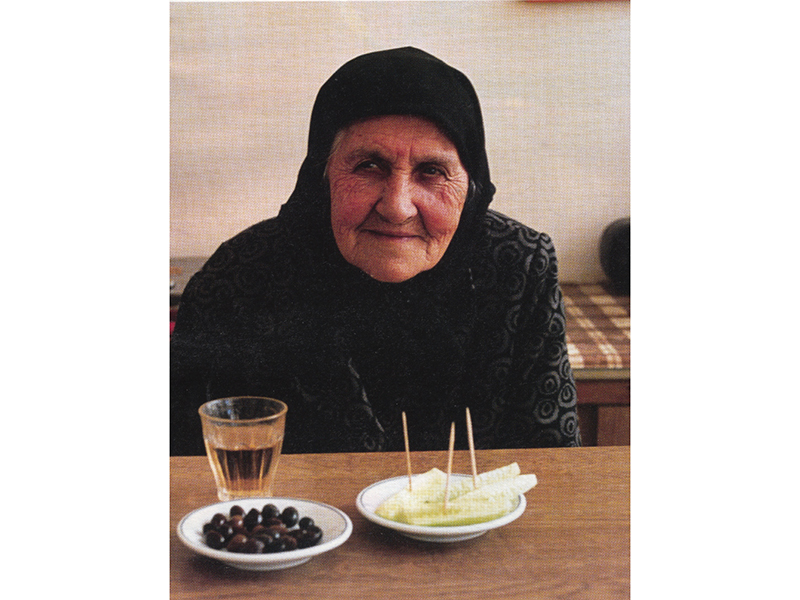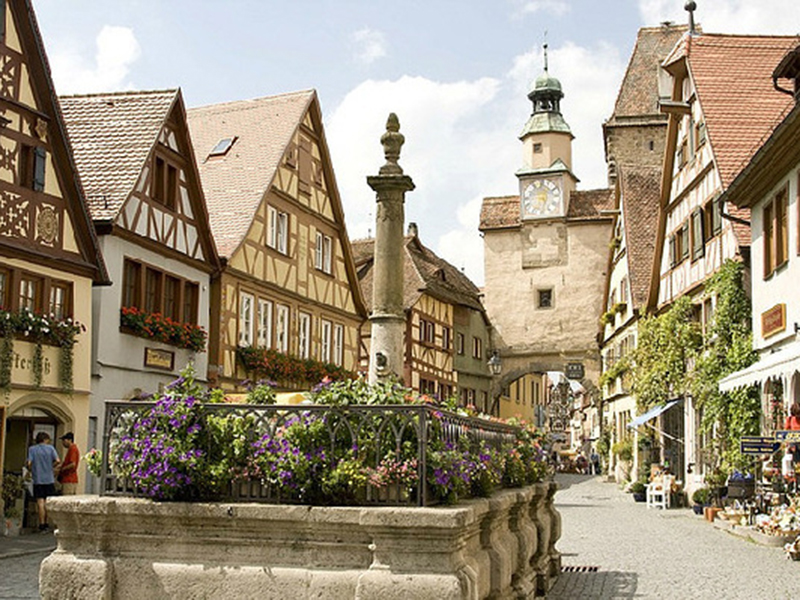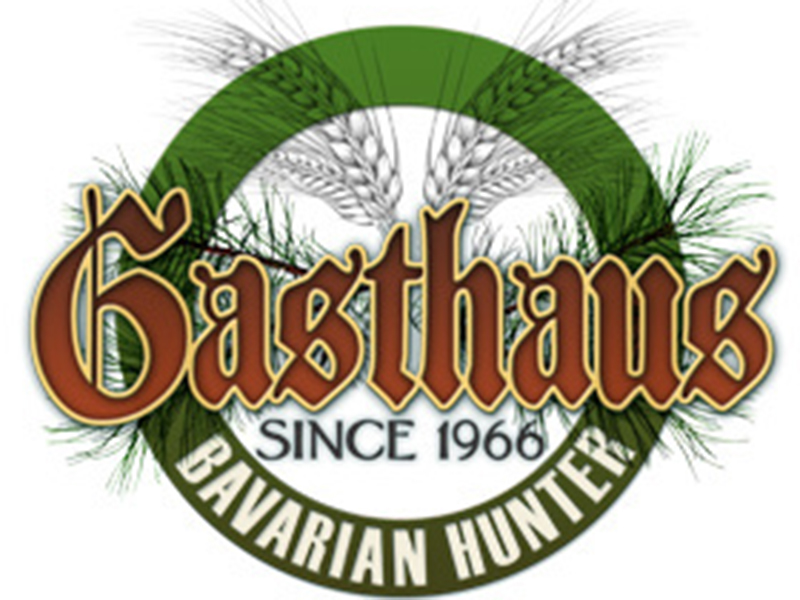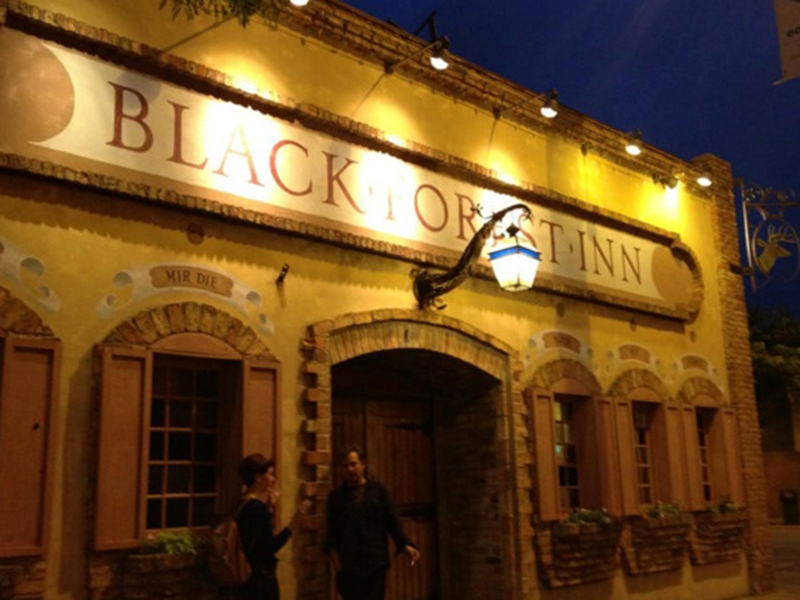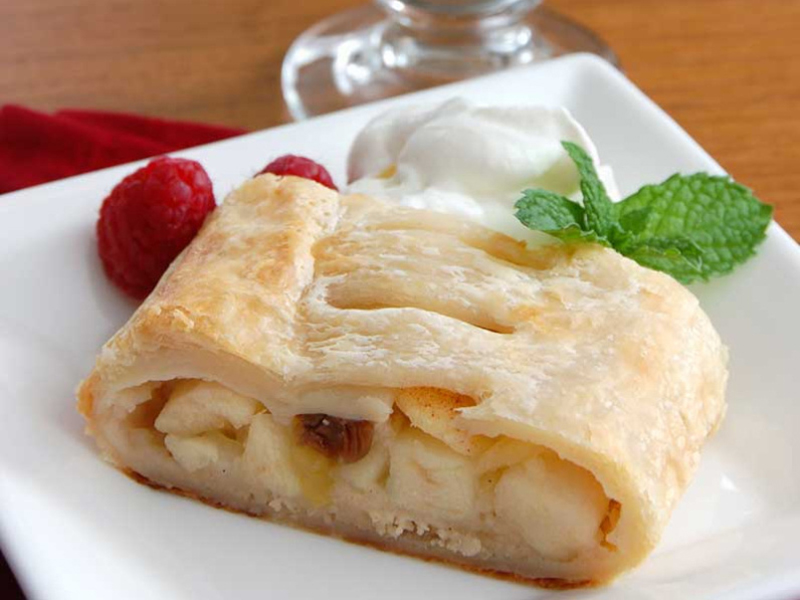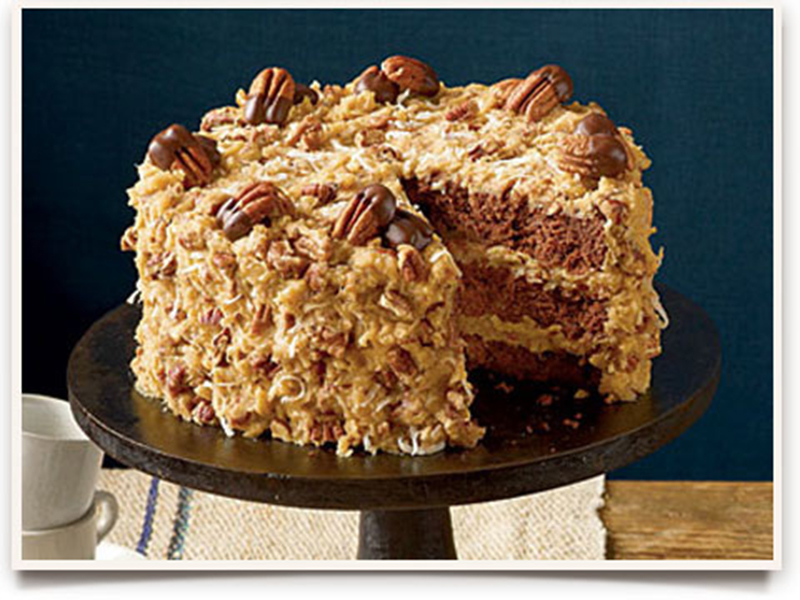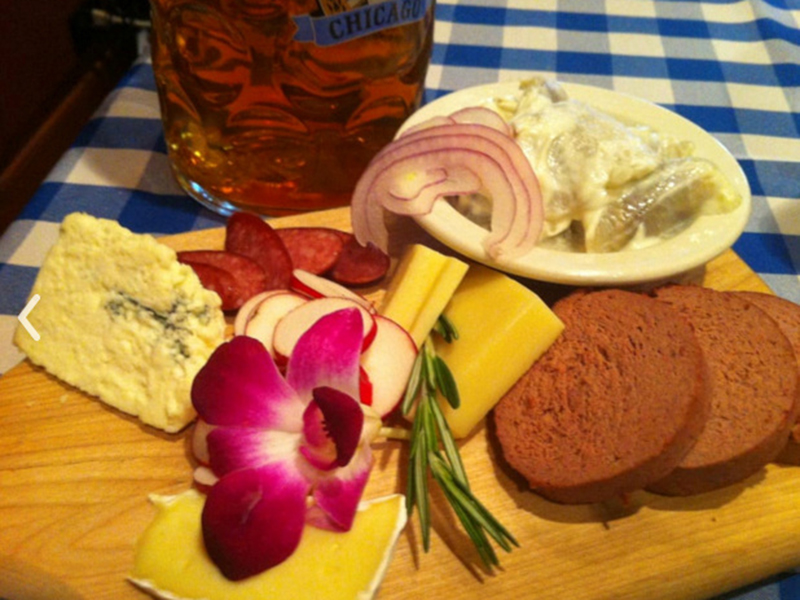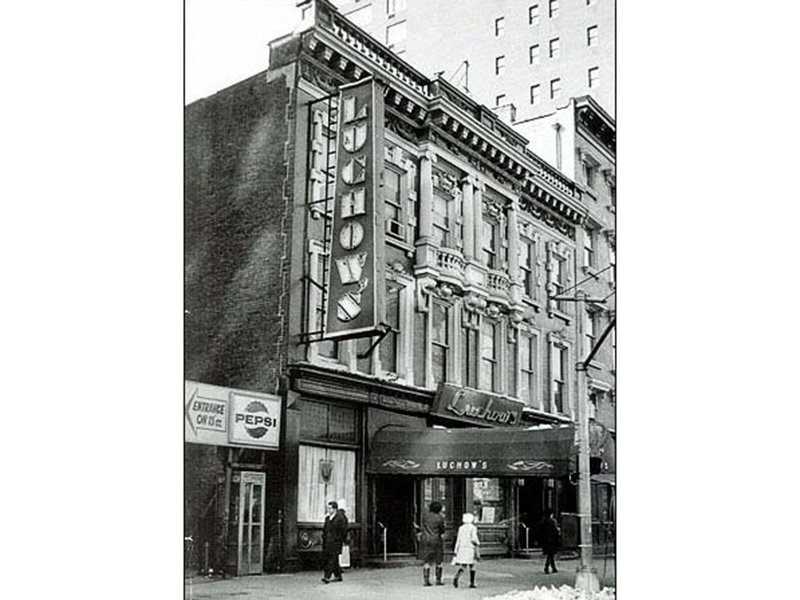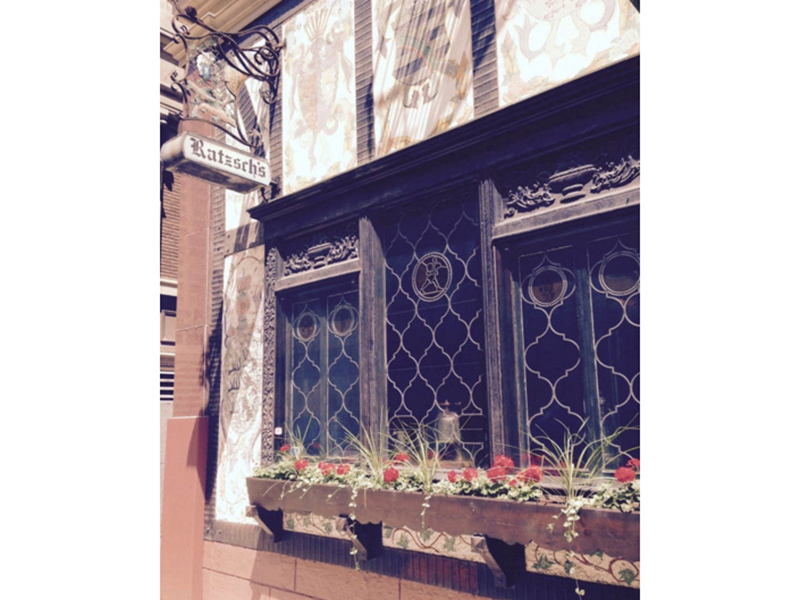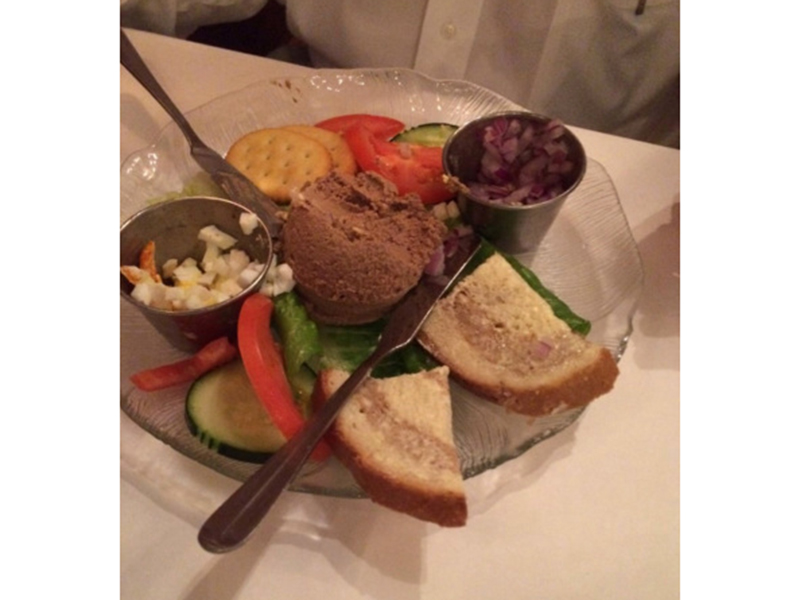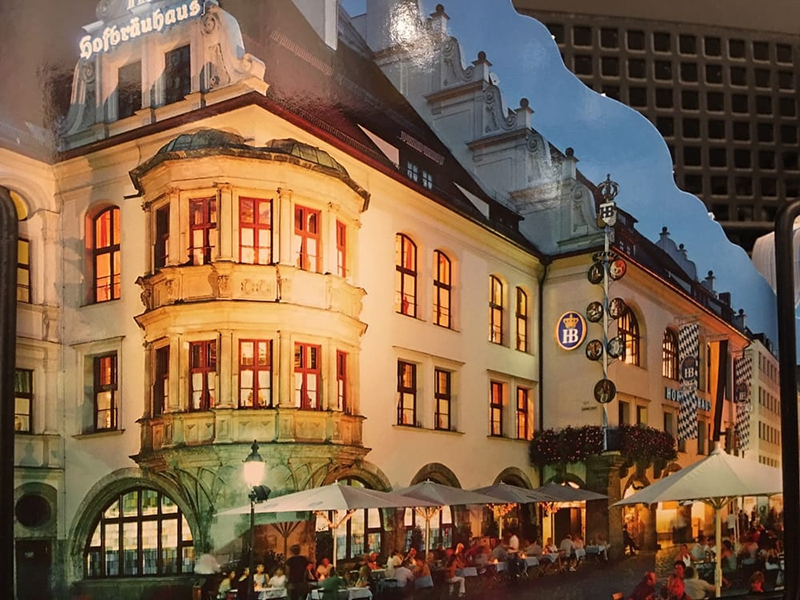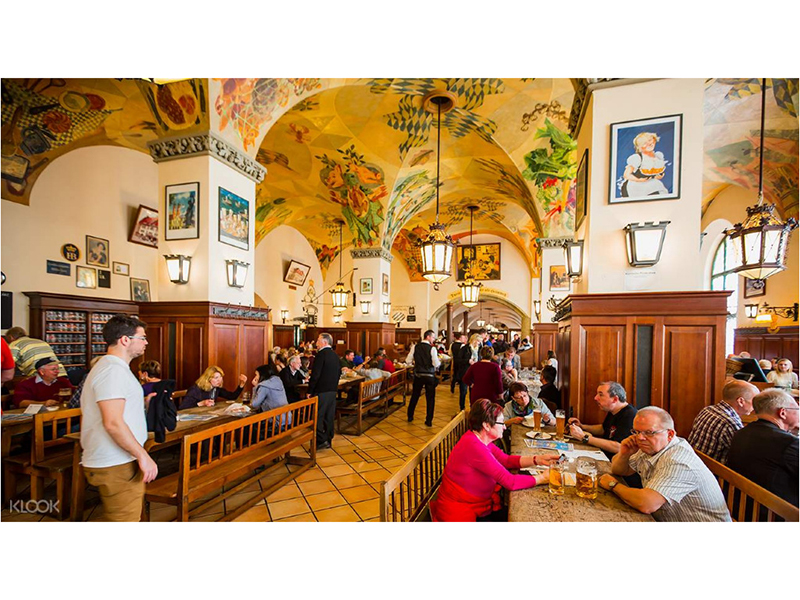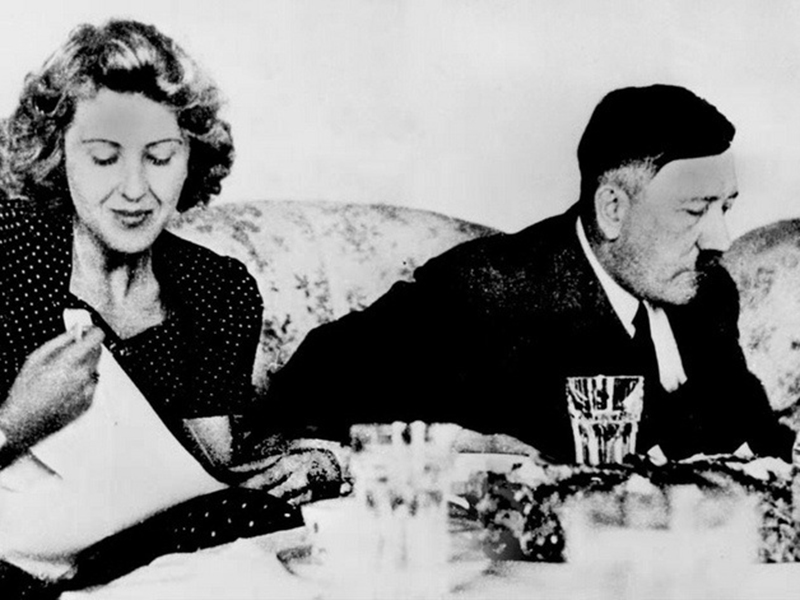Last week I posted about Iceland……and we WILL get back to that, but probably not until the late spring. I just can’t imagine anybody going to Iceland in the winter.
So for the next few postings we’ll turn our attention to warm places where Minnesotans go to escape the cold winter.
No, not Naples, Florida. You should know by now: The action’s all in MIAMI BEACH.
Let’s head first to a little Korean spot called THE DRUNKEN DRAGON.
Victoria Pesce Elliott of Miami.com writes, “I’ve long wondered when the Korean Barbecue trend would make its way from Los Angeles and New York to Miami.”
Well, it’s arrived. And this place is packed.
The Drunken Dragon opens at 6:00 PM, and it fills up quickly. Even if you have a reservation, expect a wait stretching 30 minutes. The arrogant hostess will see to that.
Joanne and I have been there on several occasions, most recently with our three grandkids (who love this place; they get to play with fire. More on that later).
Korean fare boasts an array of flavors – sweet, spicy, acidic, salty and bitter. But Drunken Dragon is not a “by the book” Korean joint. It’s more pan-Asian, with culinary influences from Japan, Thailand and China. Cuba works its way in there, too. But that’s okay. I like ‘em all.
You can make a meal out of just the starters….and we have done that. Our favorites include Fresh Oysters with Mango Salsa, Hamachi with Filipino Lime Sauce and Crunchy Cashews, Grilled Octopus, Puffy Peking Bao Buns with Duck Confit, and Crispy Chicken Skin with sticky-smoky hoisin barbeque sauce. I love the Miniature Lobster rolls on Brioche Buns (but they’re expensive — $21 for four).
Large-format appetizers are great for sharing. Recently our table ordered a Drunken Dragon Meat Board: a hunk of falling-off-the-bone braised pork shoulder accompanied by lettuce leaves and bao buns to make wraps. Another good choice is a meat board presentation of Duck Confit, with juicy ribbons of duck, ready to be stuffed into warm, spongy steamed buns.
Sambal is a sexy hot sauce, evoking the promise of faraway sultry places. It’s a magical combination of chili pepper, rice wine vinegar and citrus. Drunken Dragon offers several iterations of deeply flavored Sambal, some with a “touch of funk,” including Shrimp Paste, Fish Sauce and Umami. I recommend the Smoky Cracked Spare Ribs to share at the table. They’re finished with “bright hot” Sambal sauce, scallions and cilantro. Yeah, they’re messy.
I’ve never come here for Happy Hour, but I’ve certainly sampled my share of Happy Hour offerings. Check out the images of Drunken Dragon’s Banh Mi Cuban Pressed Sandwiches with chicken liver paté, roasted pork, pickles, jalapenos and cilantro. The tiny Japanese Korobuta Hot Dog is served up on a deep fried bao bun (clever) and dressed with pickles, spicy ketchup and herbed aioli. Get two – one isn’t enough. Tiki drink glasses are loads of fun. And the non-alcoholic Coconut Popsicle in mint lemonade delights kids.
But now comes the part of Drunken Dragon that I really love: The Korean Barbeque, with DIY grilling at the table. Here’s the drill:
1. There are only seven barbeque tables in the restaurant.
2. They’re allocated on a first come/first served basis. (Want one? Get there 30 minutes before they open.)
3. Good news: If you can’t snag a barbeque table, any of the “at the table” grilled items can be ordered at the regular tables. They’ll just be prepared in the kitchen.
4. Do some of them yourself. Let the kitchen handle the rest.
5. If you come with kids, DEFINITELY snag a barbeque table. They may not eat what they cook, but they’ll love being junior arsonists.
The problem with some Korean Barbecue joints, particularly in New York, is that the exhaust systems can be woefully inadequate…..leaving you with the clothes on your back reeking of smoke….even after a aggressive dry cleanings.
Not so at DRUNKEN DRAGON.
Their Korean barbecue tables are said to be modeled after a centuries old Korean house heating system called ONDAL……which loosely means heating from underneath the floor. I sorta get it and sorta don’t. The barbecue tables at DRUNKEN DRAGON certainly radiate from down under …..and the smoke from the grilling is exhausted through vents surrounding the grill and cleverly pulled downward in vents through the floor and on to being exhausted outside the premises.
Portions of the raw meats for grilling (thinnish cuts of steak, shrimp, etc.) are modest in scale, but more than enough when accompanied by an array of side dishes. Prior to the grilling your server appears to prime the grill in order to prevent sticking. Once she did it with oil and a brush. Another time it was primed with a hunk of beef fat clamped in a pair of tongs. I like the beef fat best.
Among the side dishes, get the Kimchi Fried Rice, which is mixed tableside with a poached egg. It’s delicious and enough for four people. Then have the Crispy Bok Choy and Kale. By the way, as a side dish, you can grill your own fresh vegetables at the table as well.
Desserts are tropical, attractive, unusual – and uniformly good. Matcha Tres Leches and the Mango & Strawberry Korean Ice Creams were right out of Central Casting (although why the ice cream came in a steamer basket was a little puzzling).
A note about the location: You are going to need to calibrate your GPS to find this place, which masquerades as a convenience store in a class C strip mall. The restaurant’s blacked-out windows make it even harder to find. The good news is that Drunken Dragon has a huge red neon sign. The bad news is that the sign simply says “MARKET.”
One giveaway: Unlike most strip malls, this one offers $15 valet parking for your Bentley. Look for it on the west side of Alton Road between 14th & 15th Streets, right between a Subway sandwich shop and a Domino’s Pizza.
W.T.F…..
PHIL



